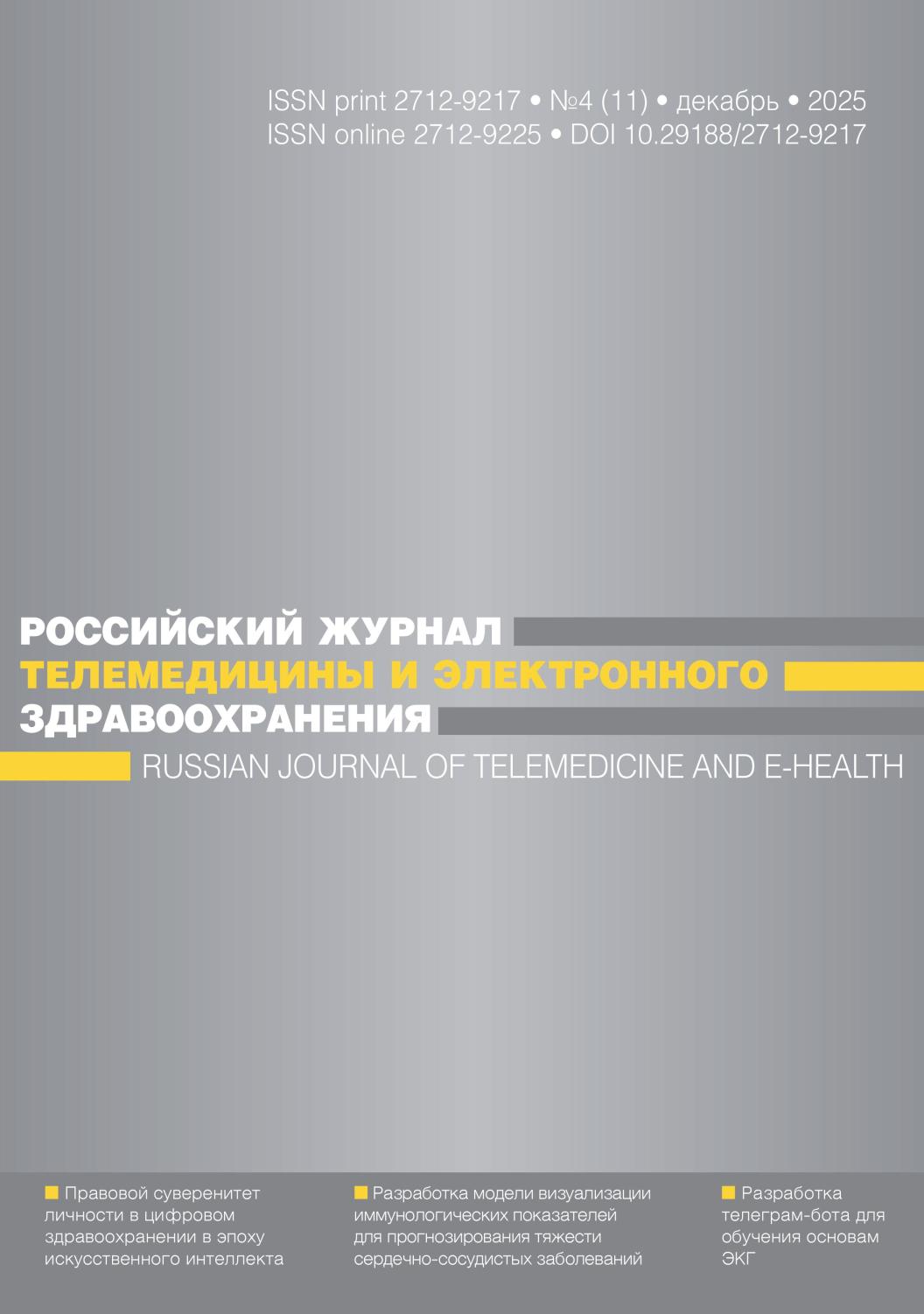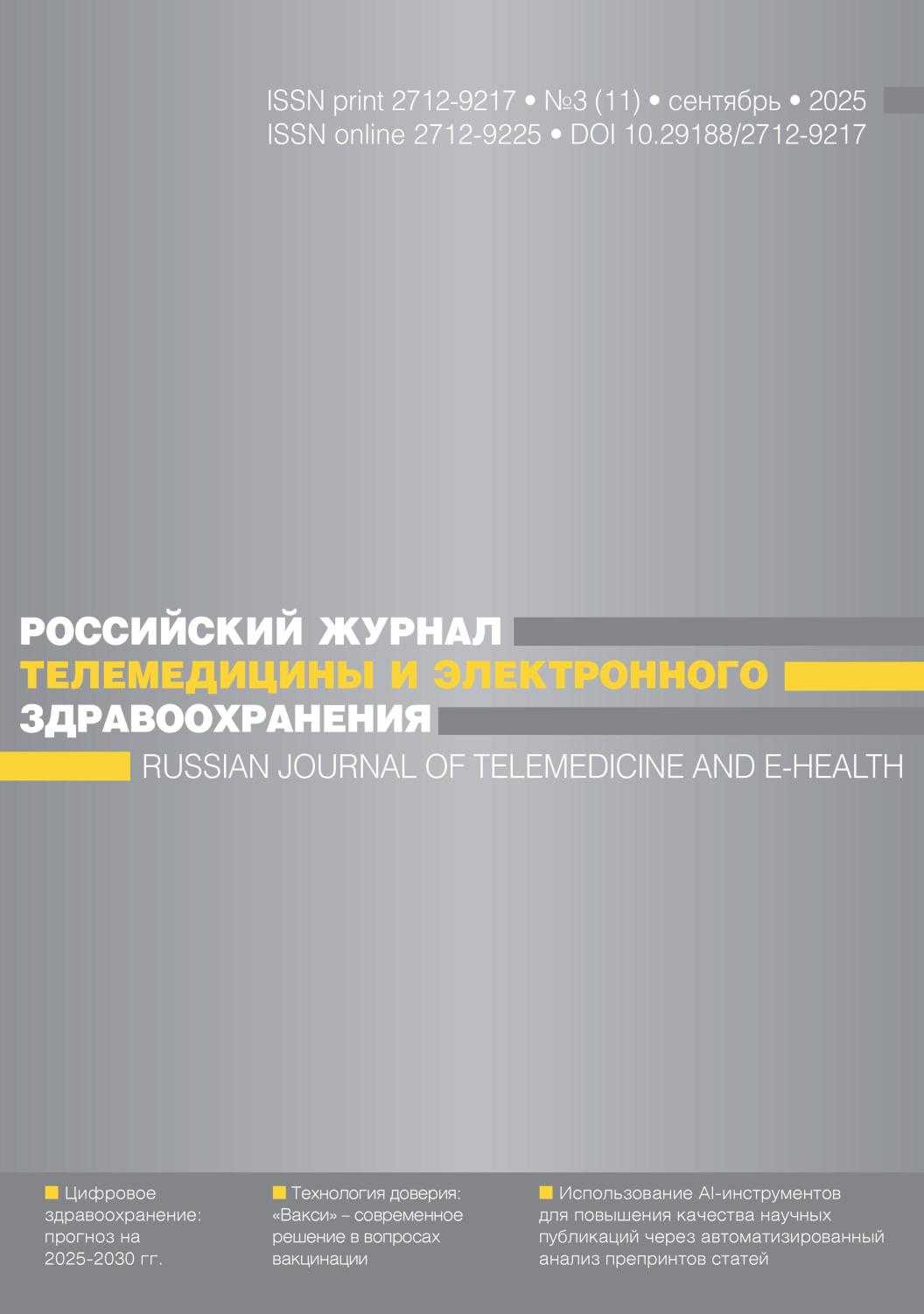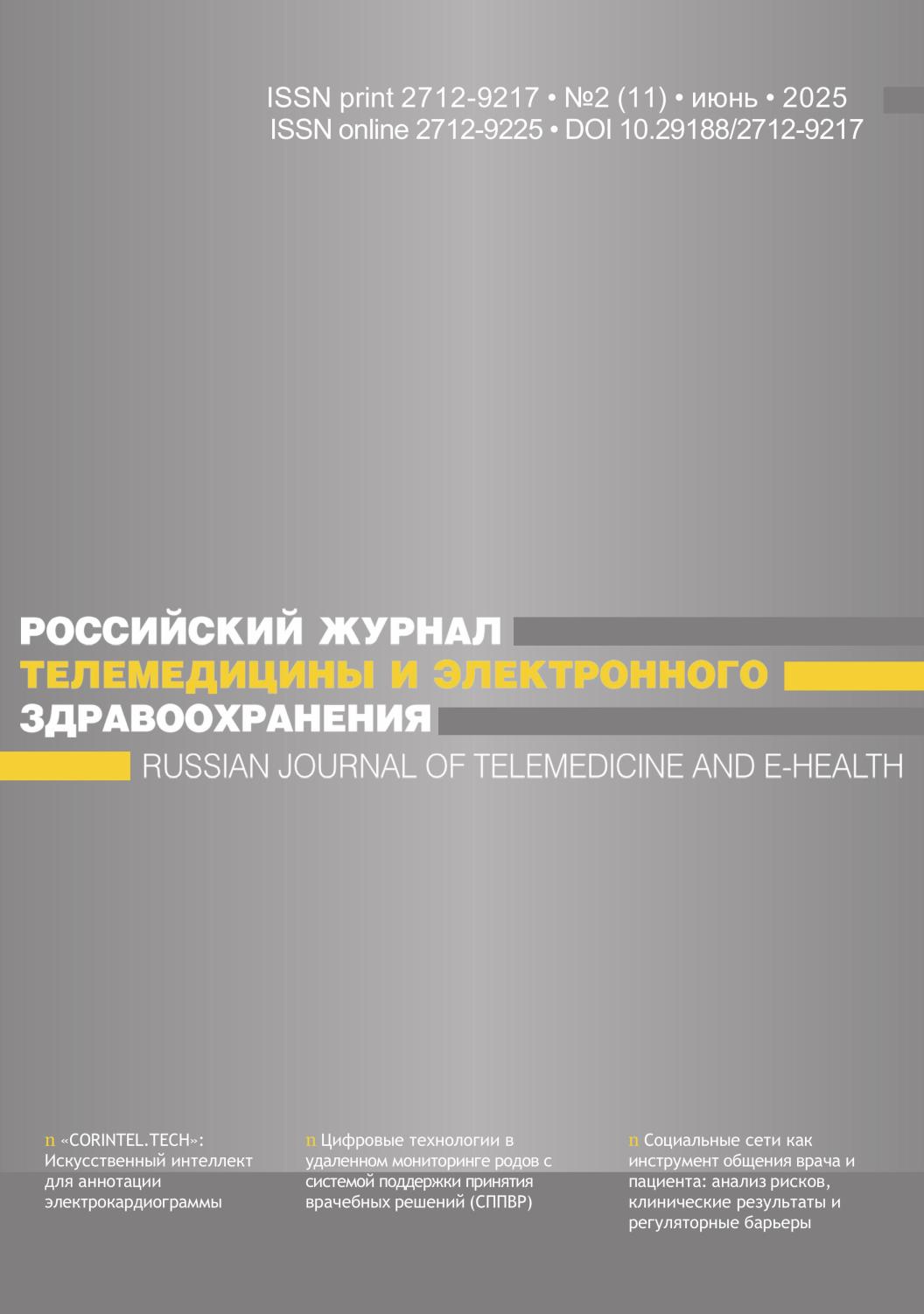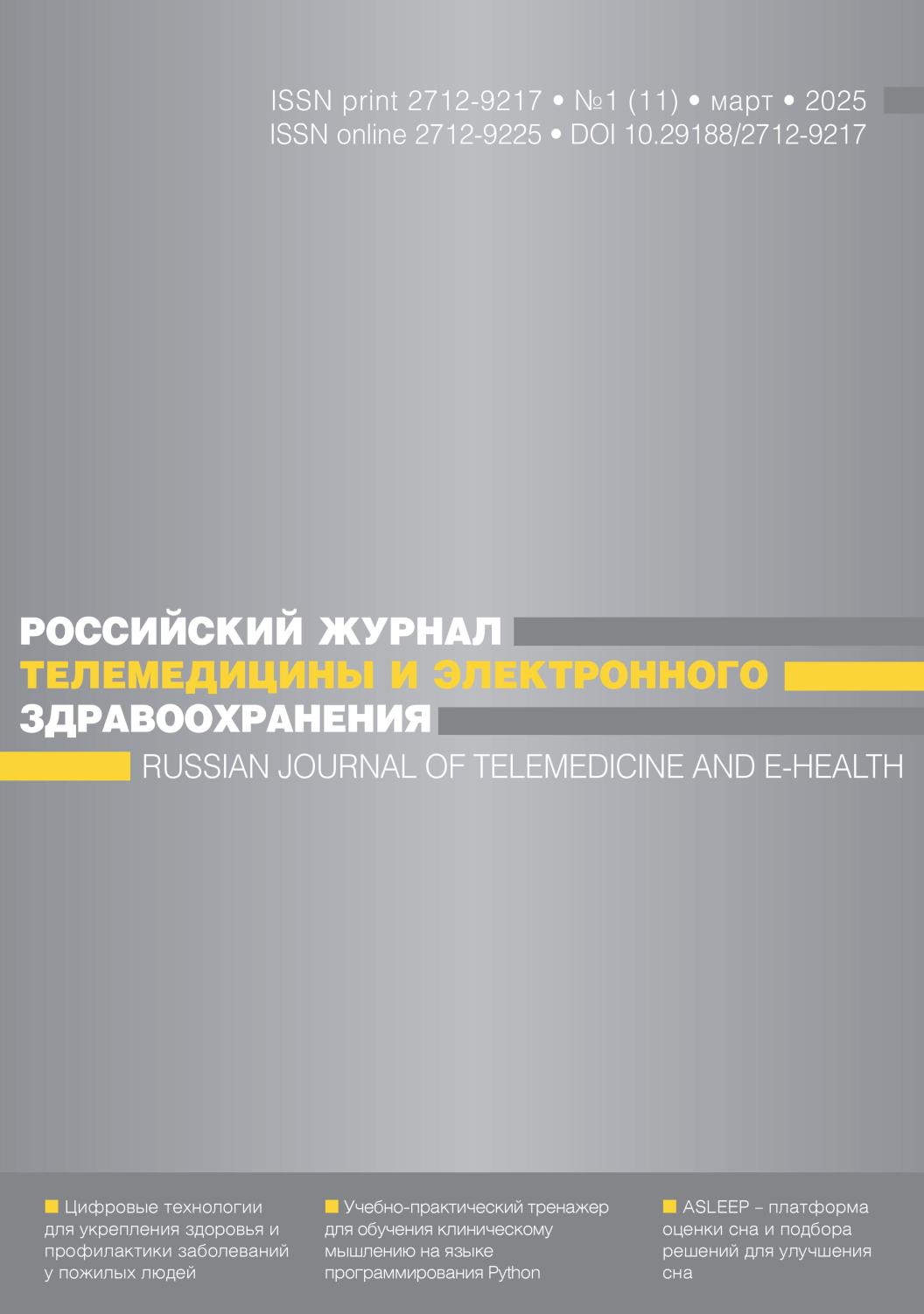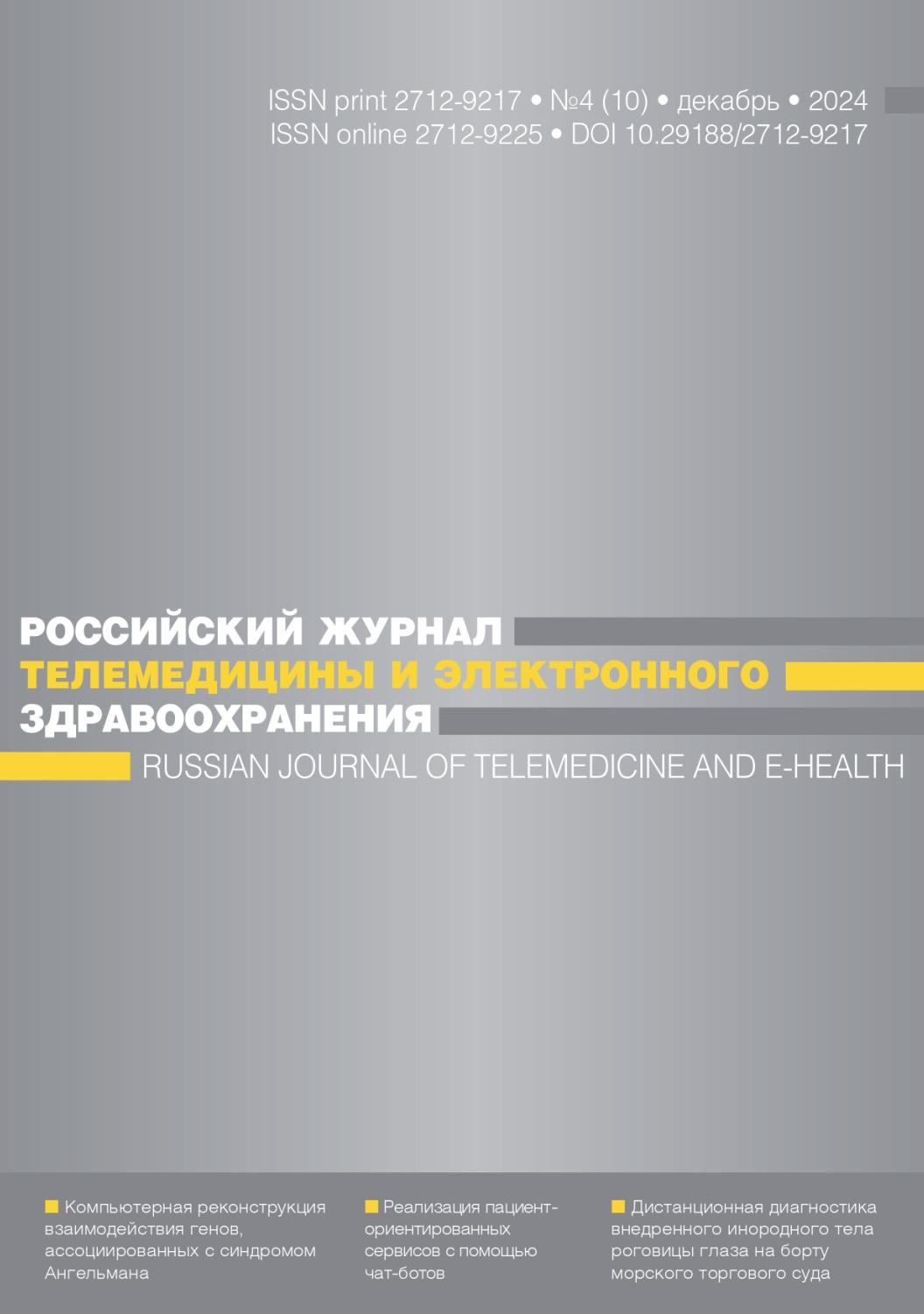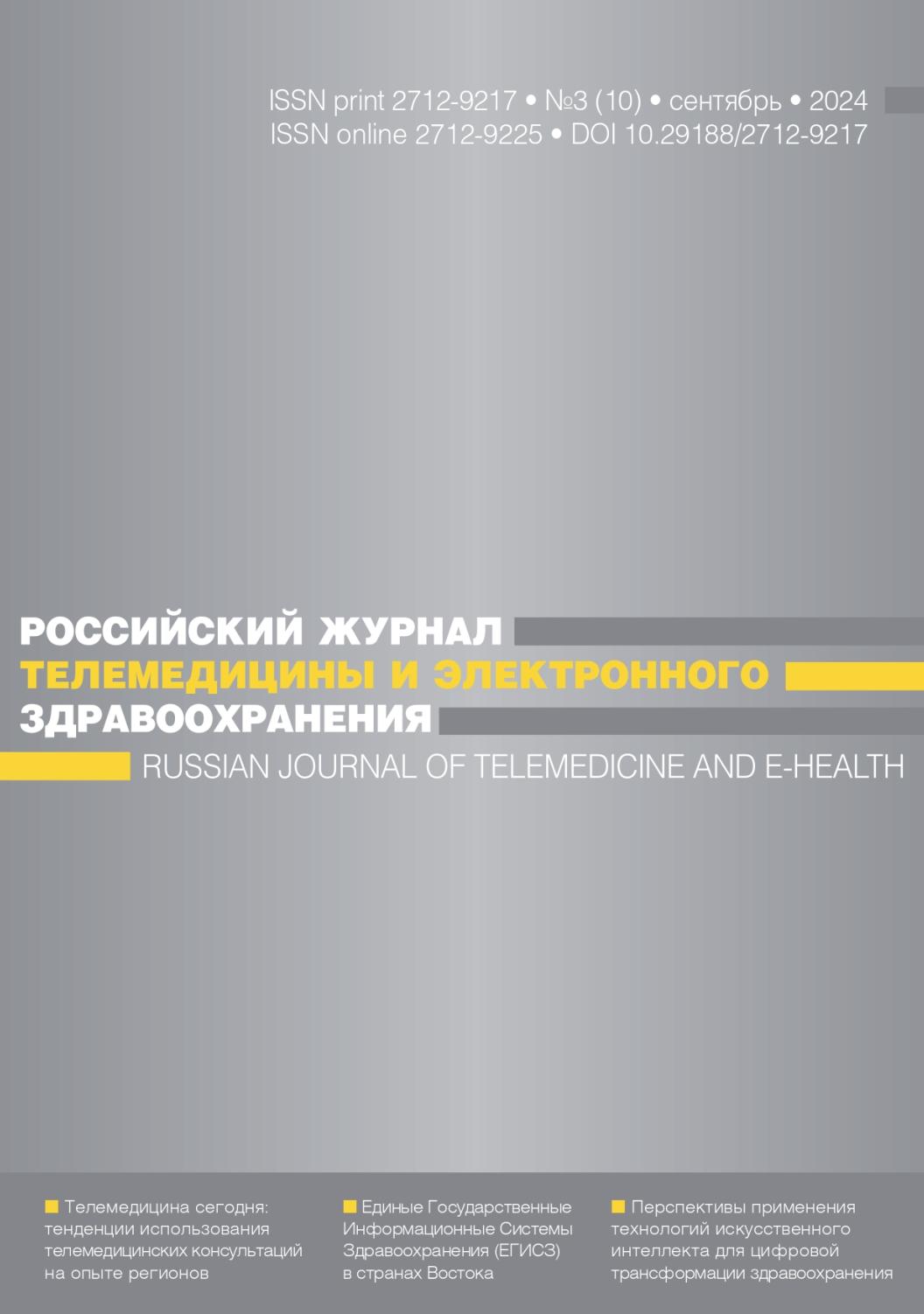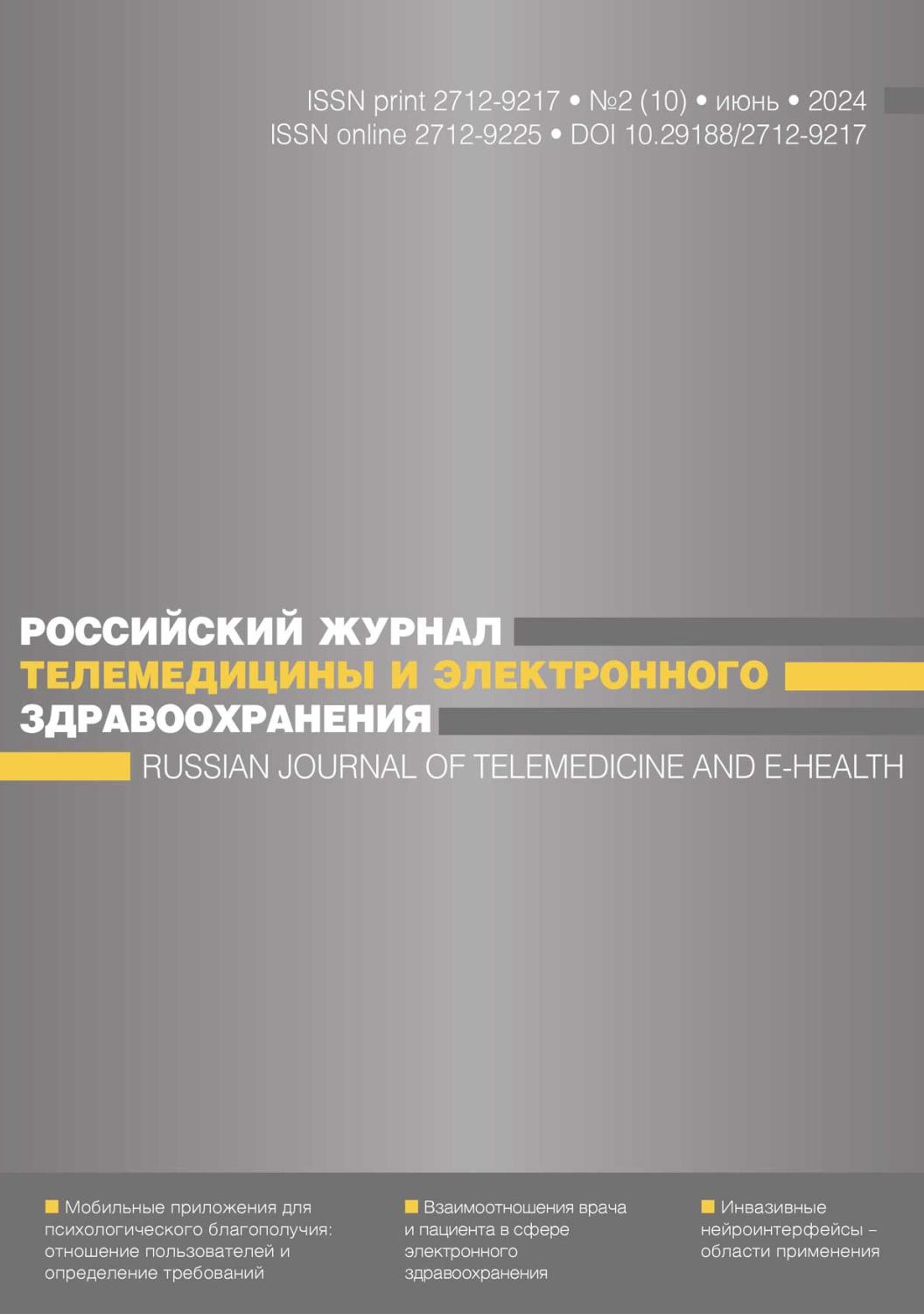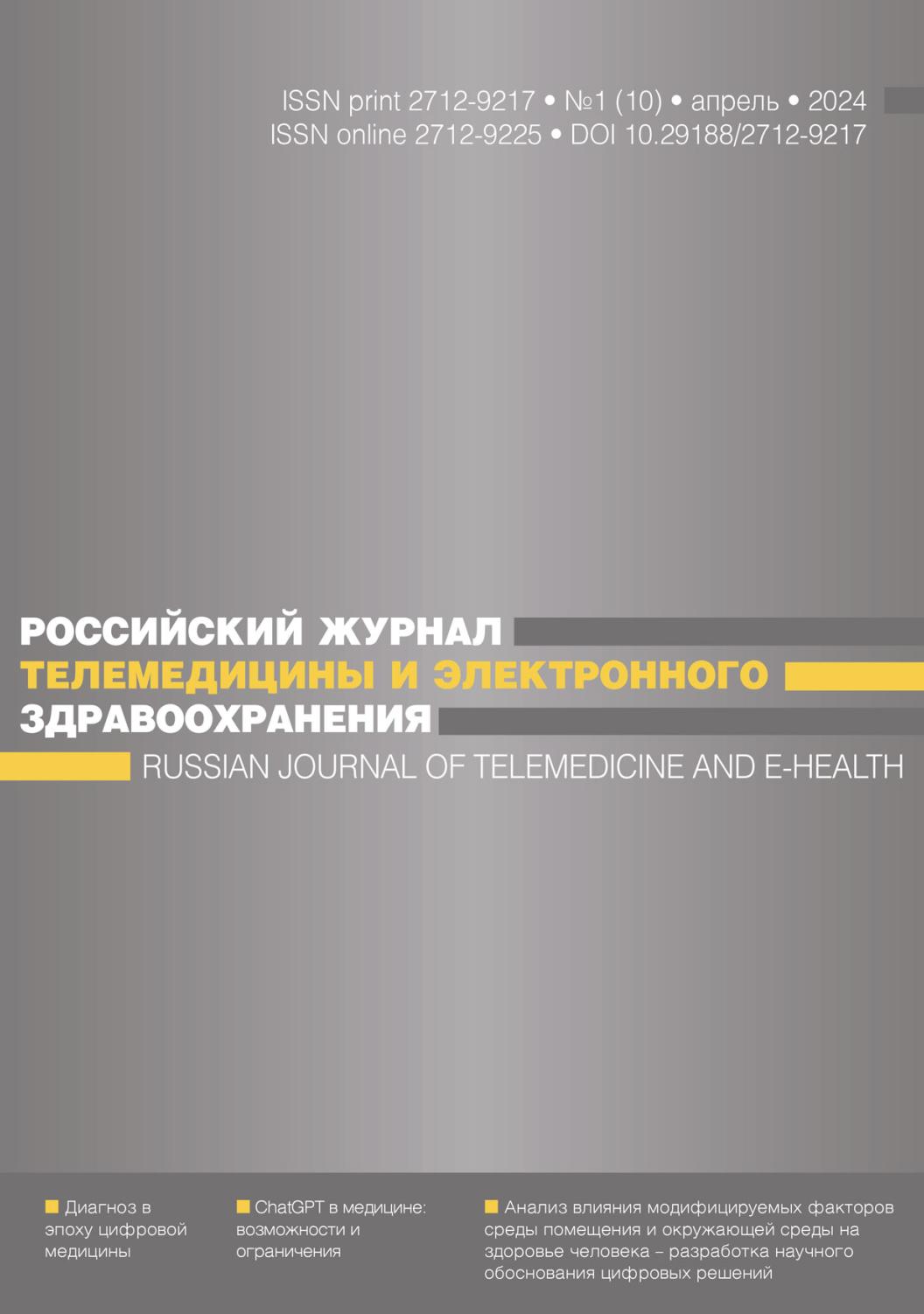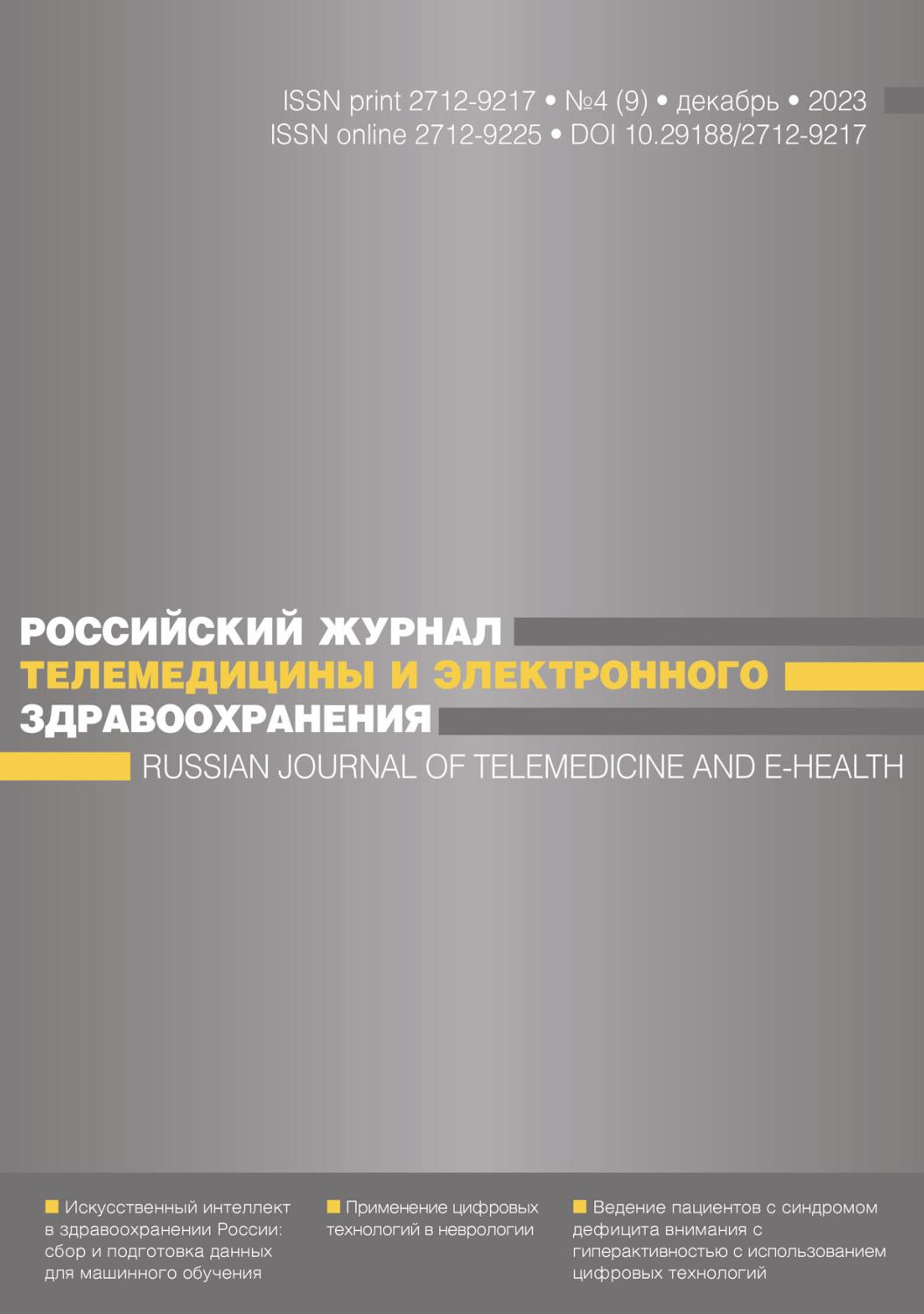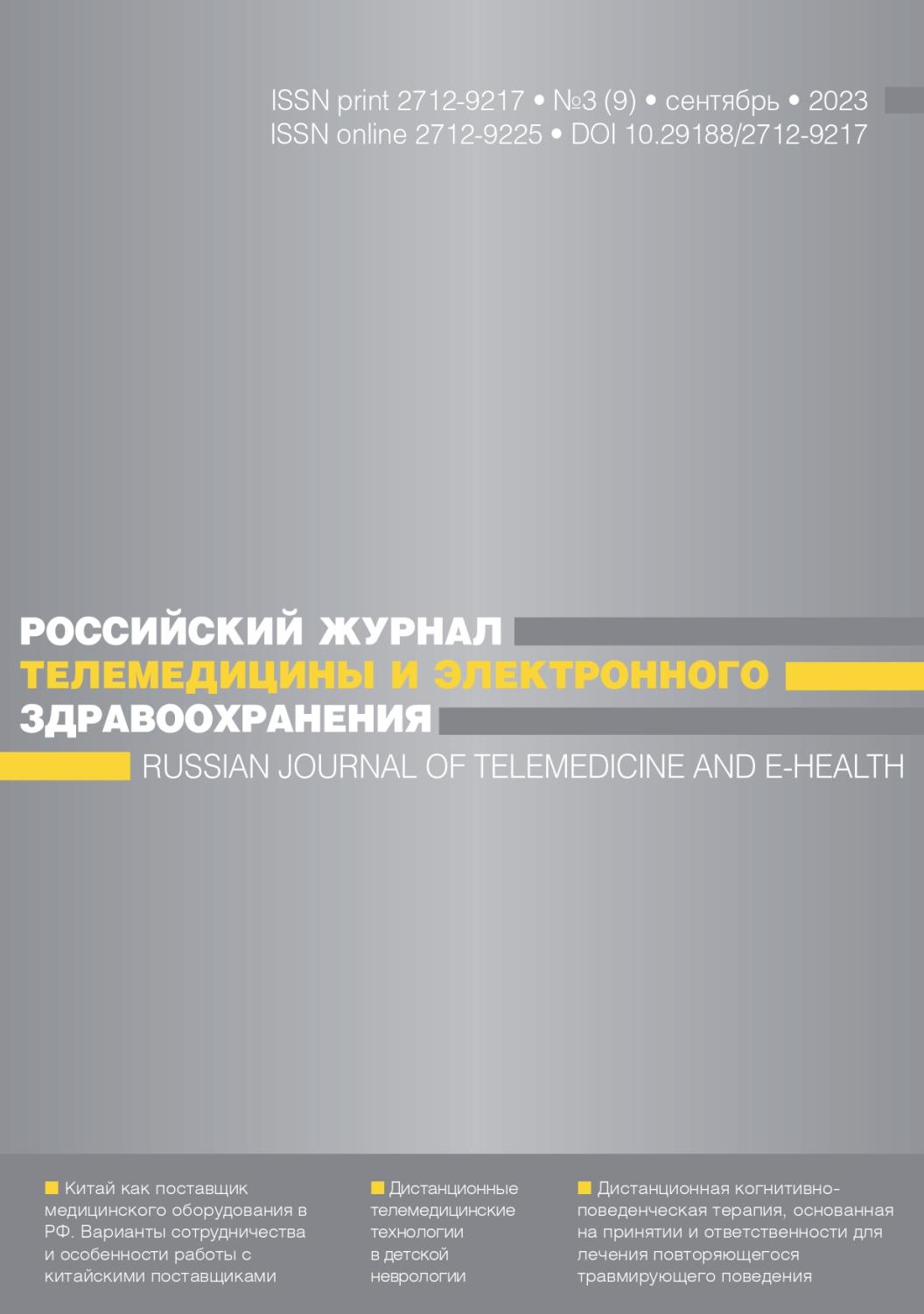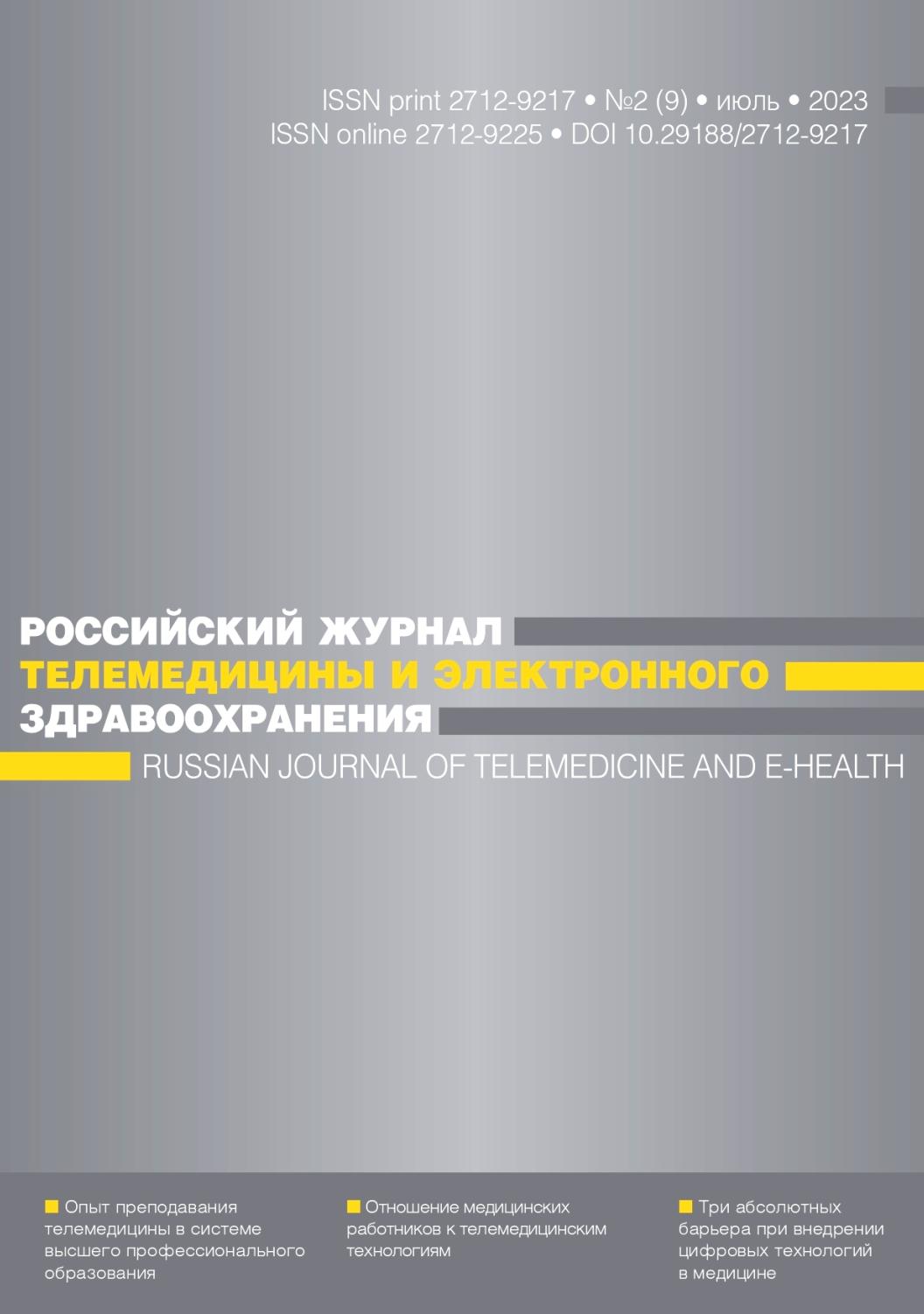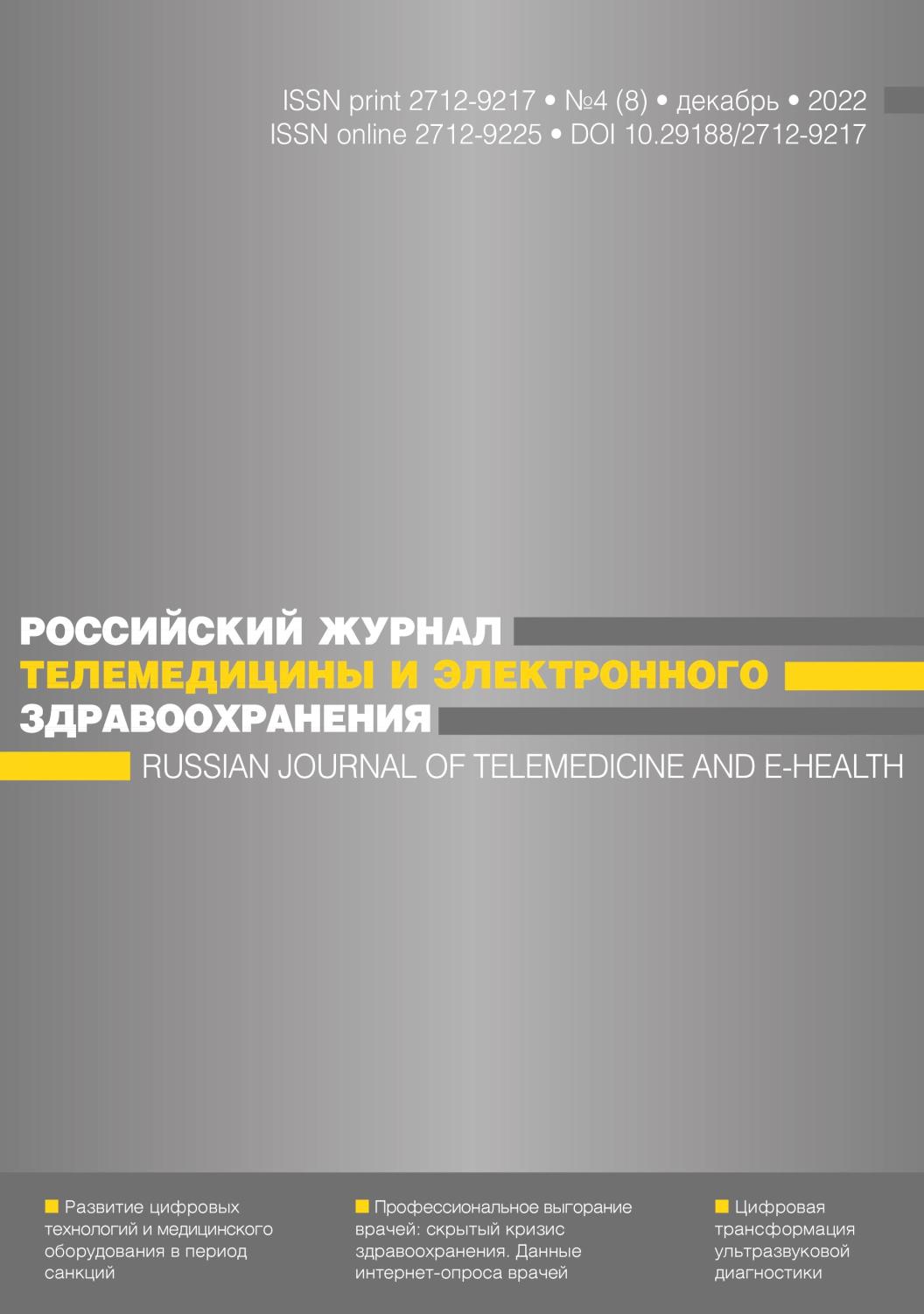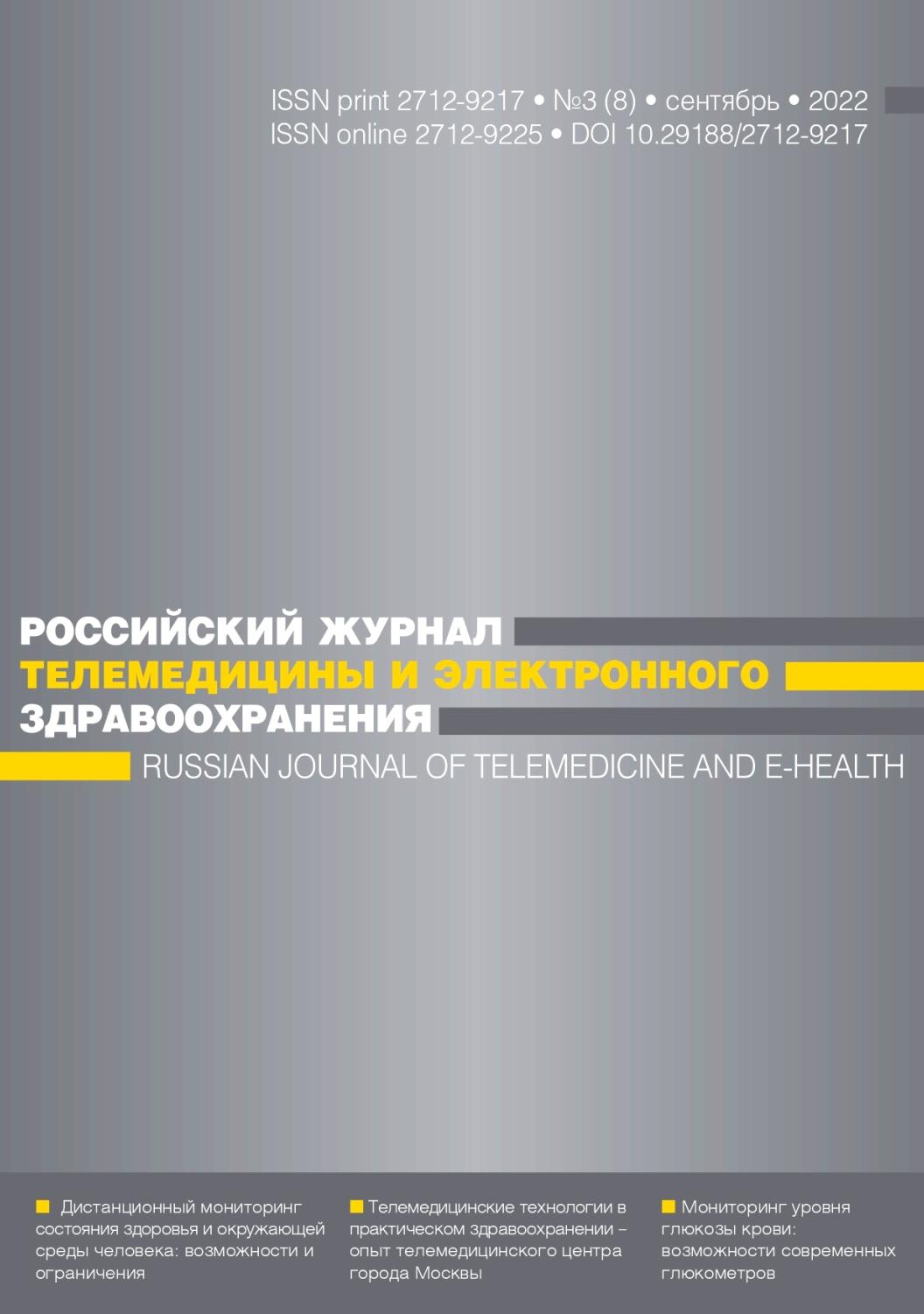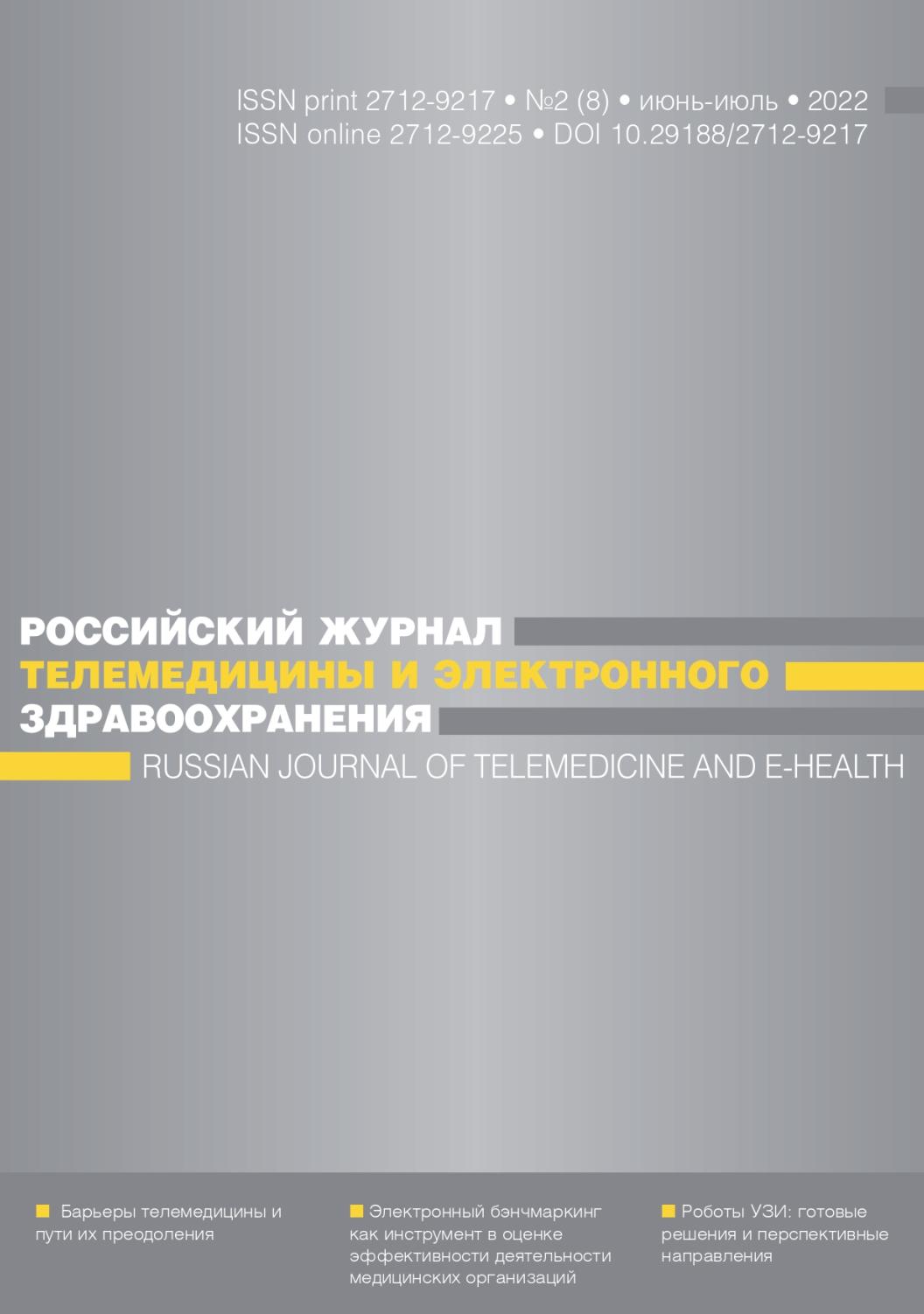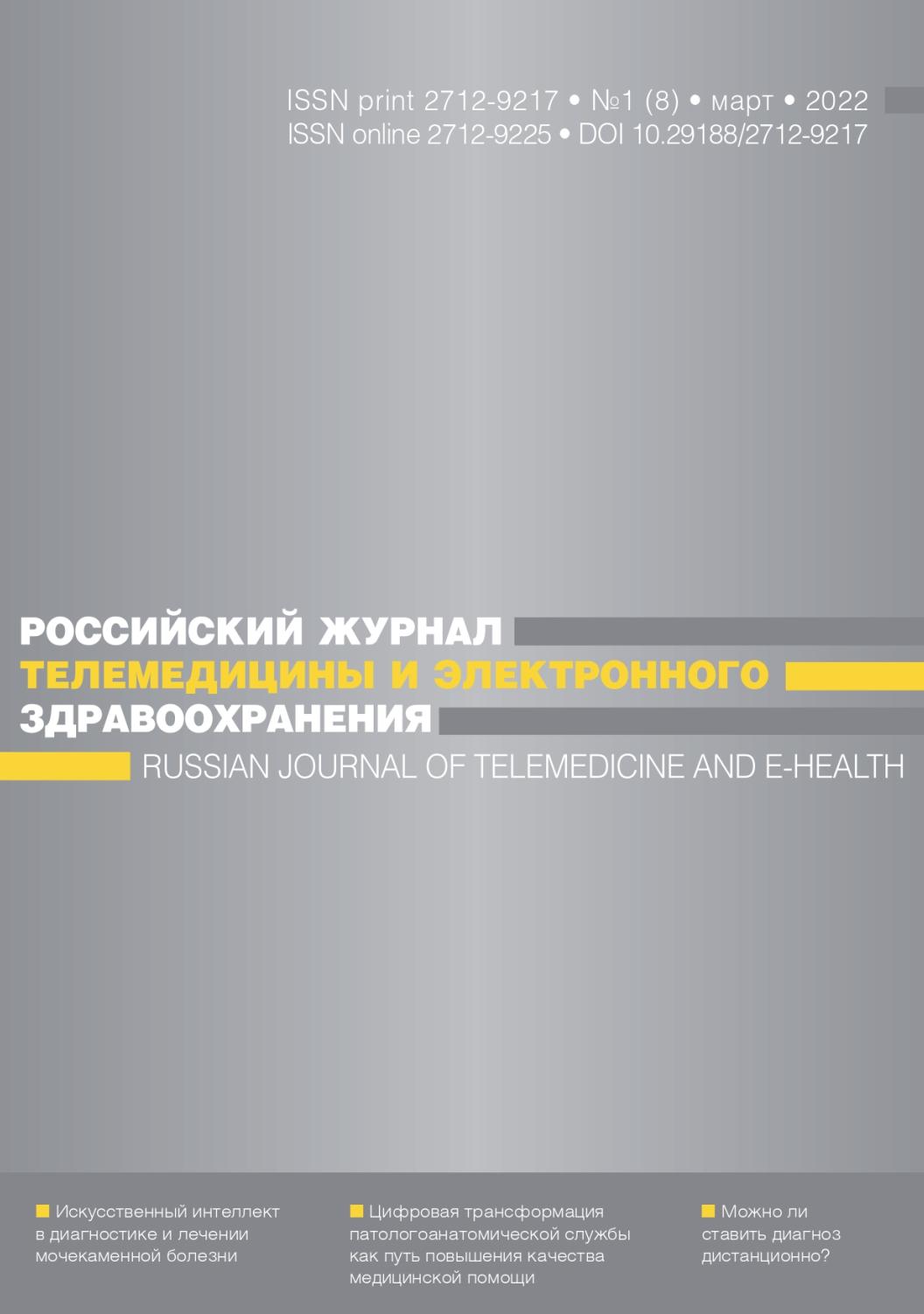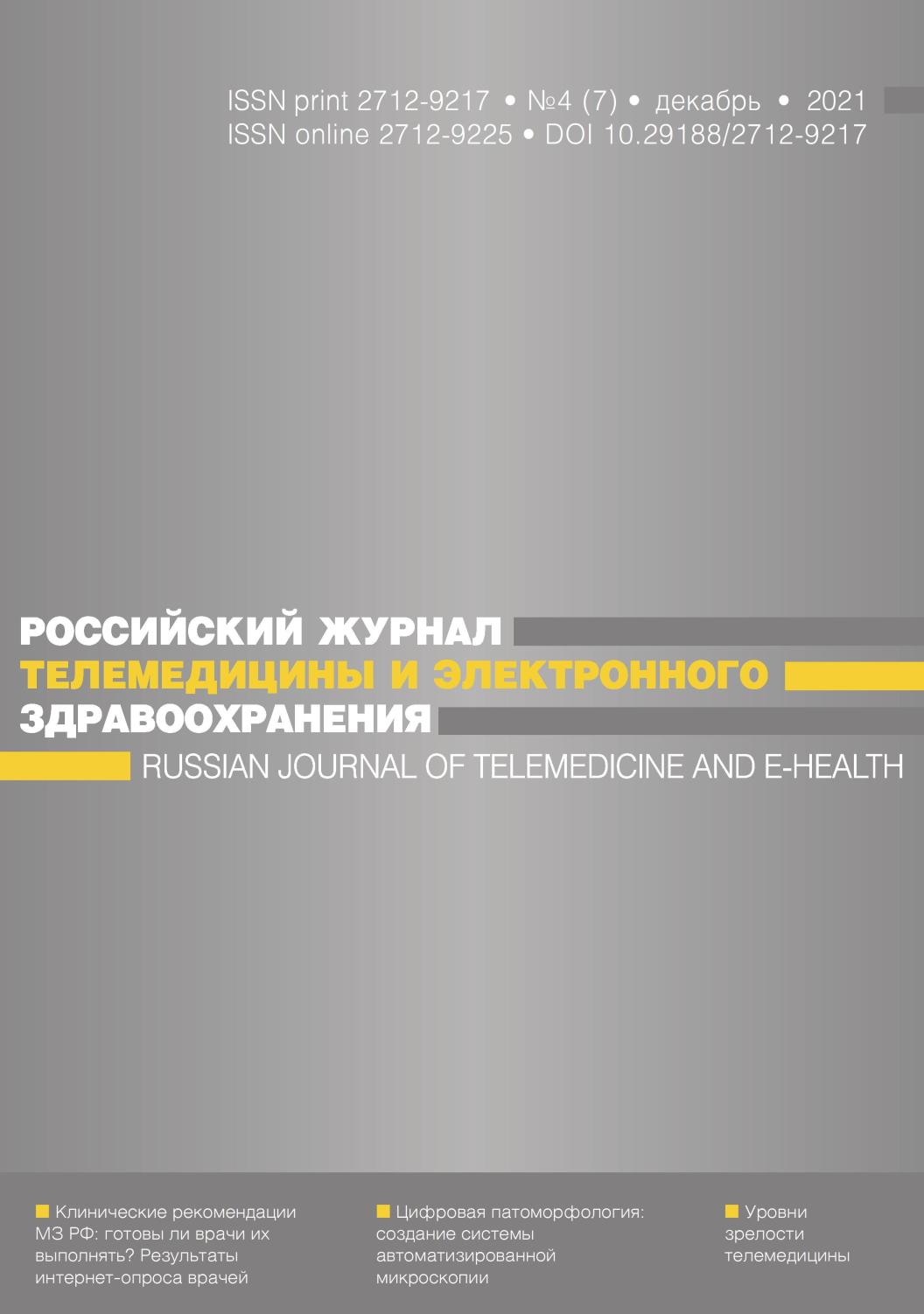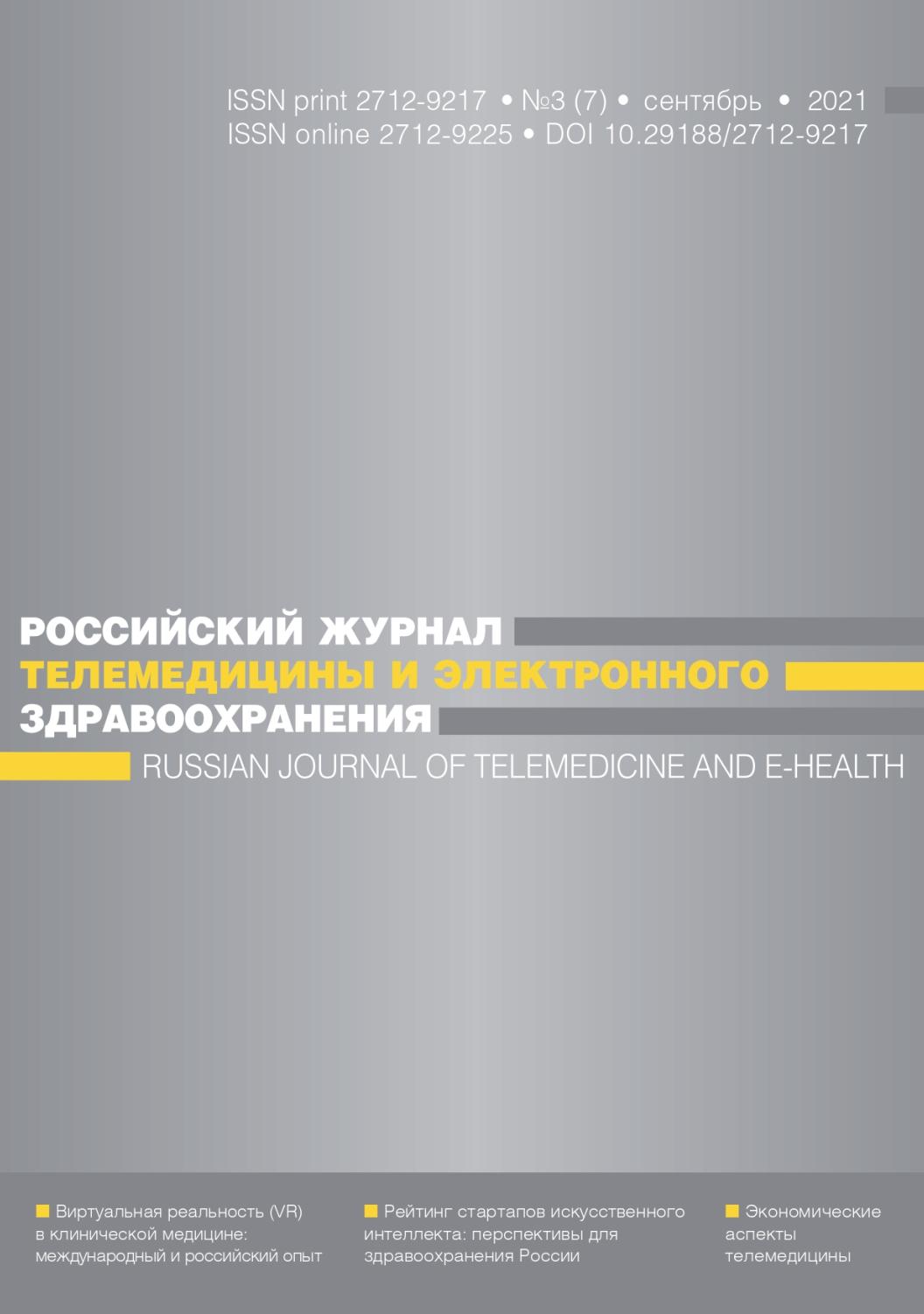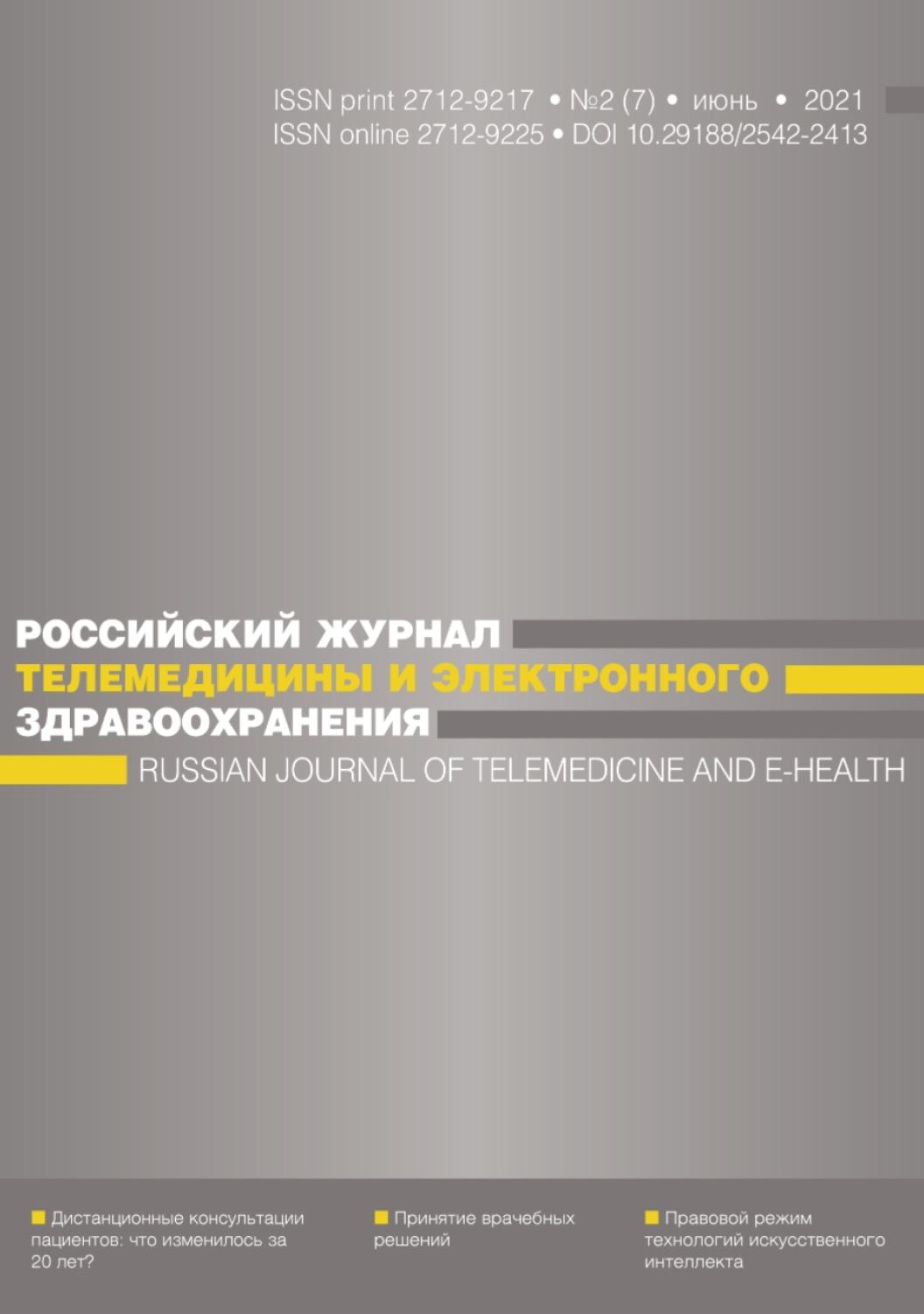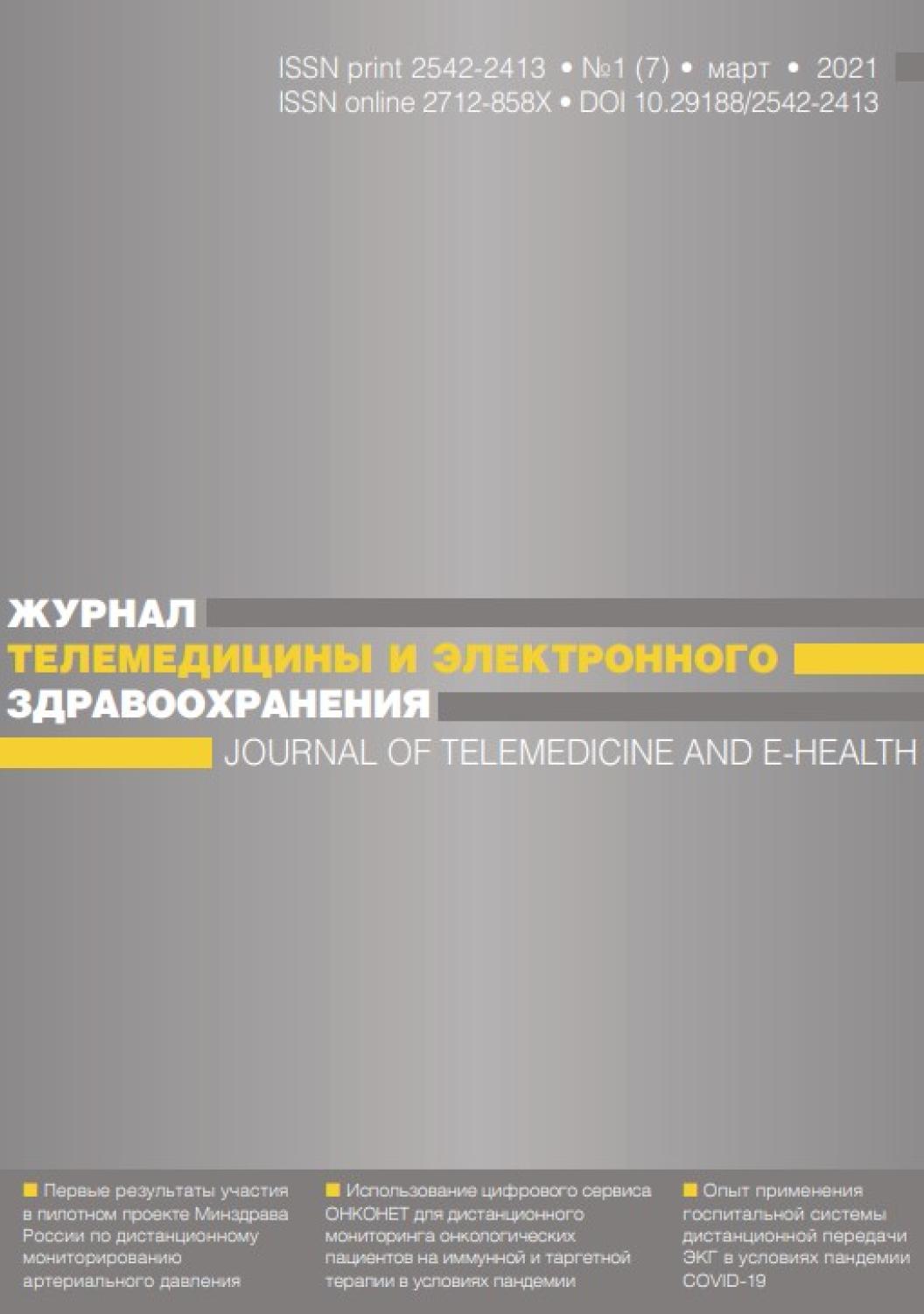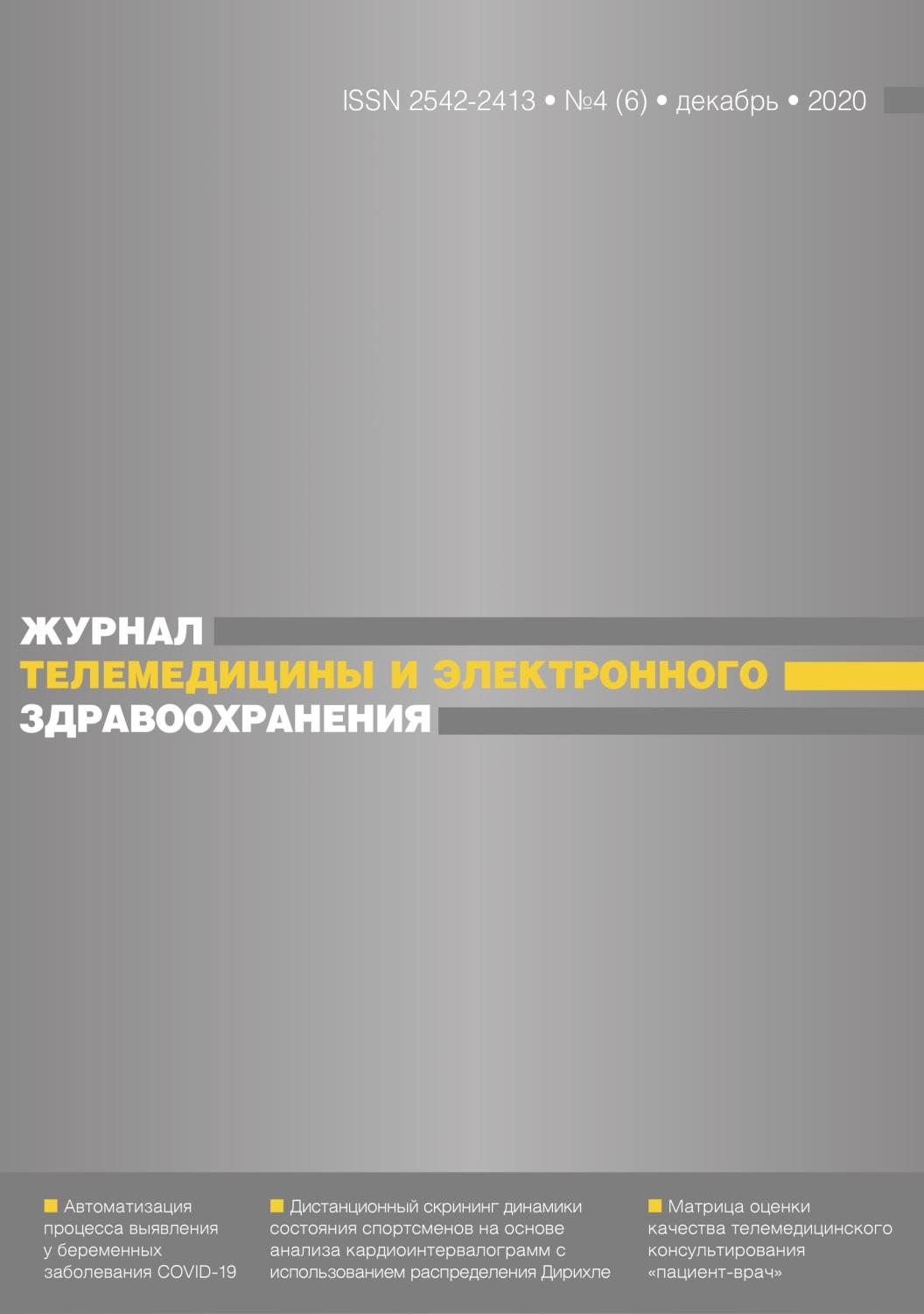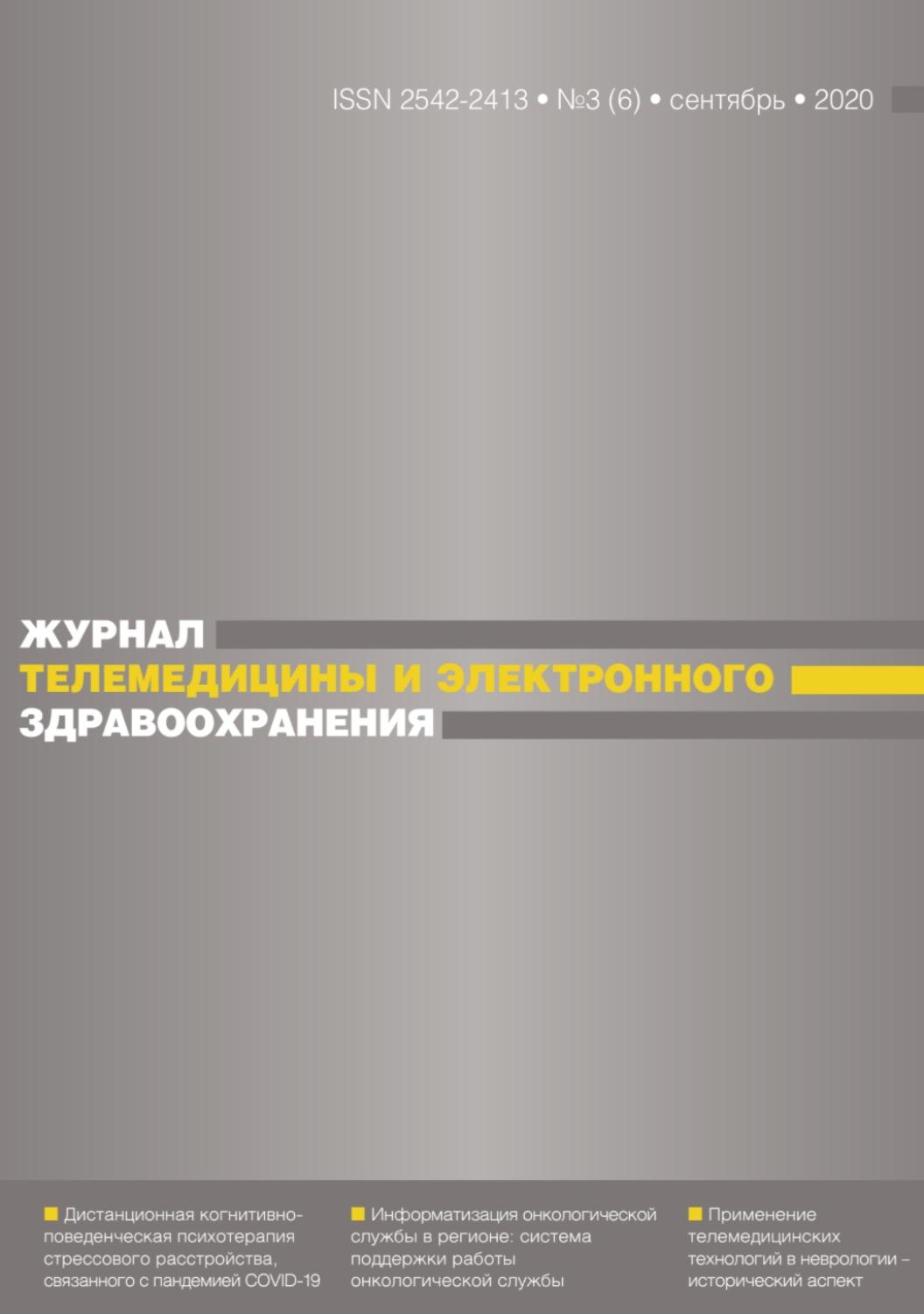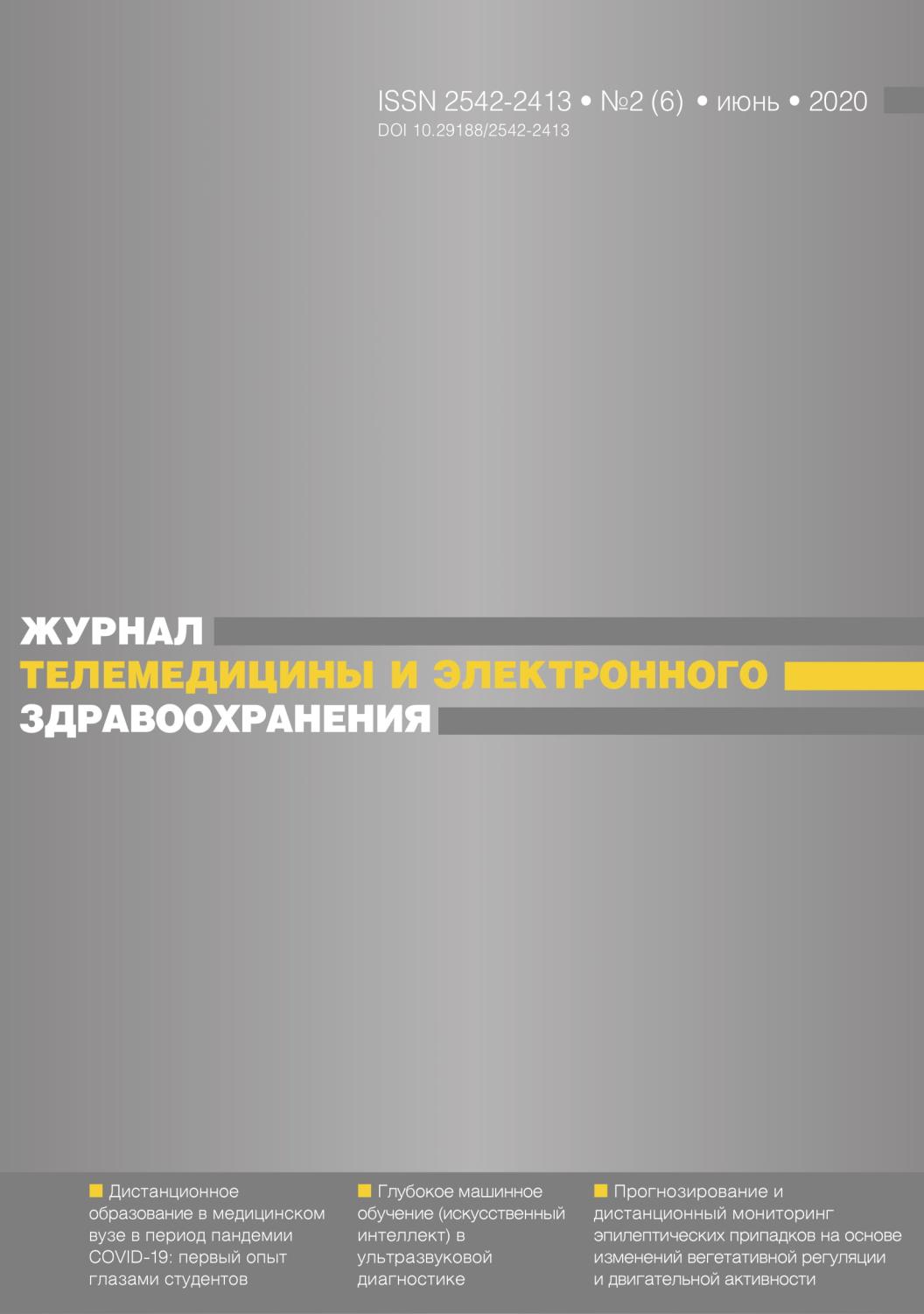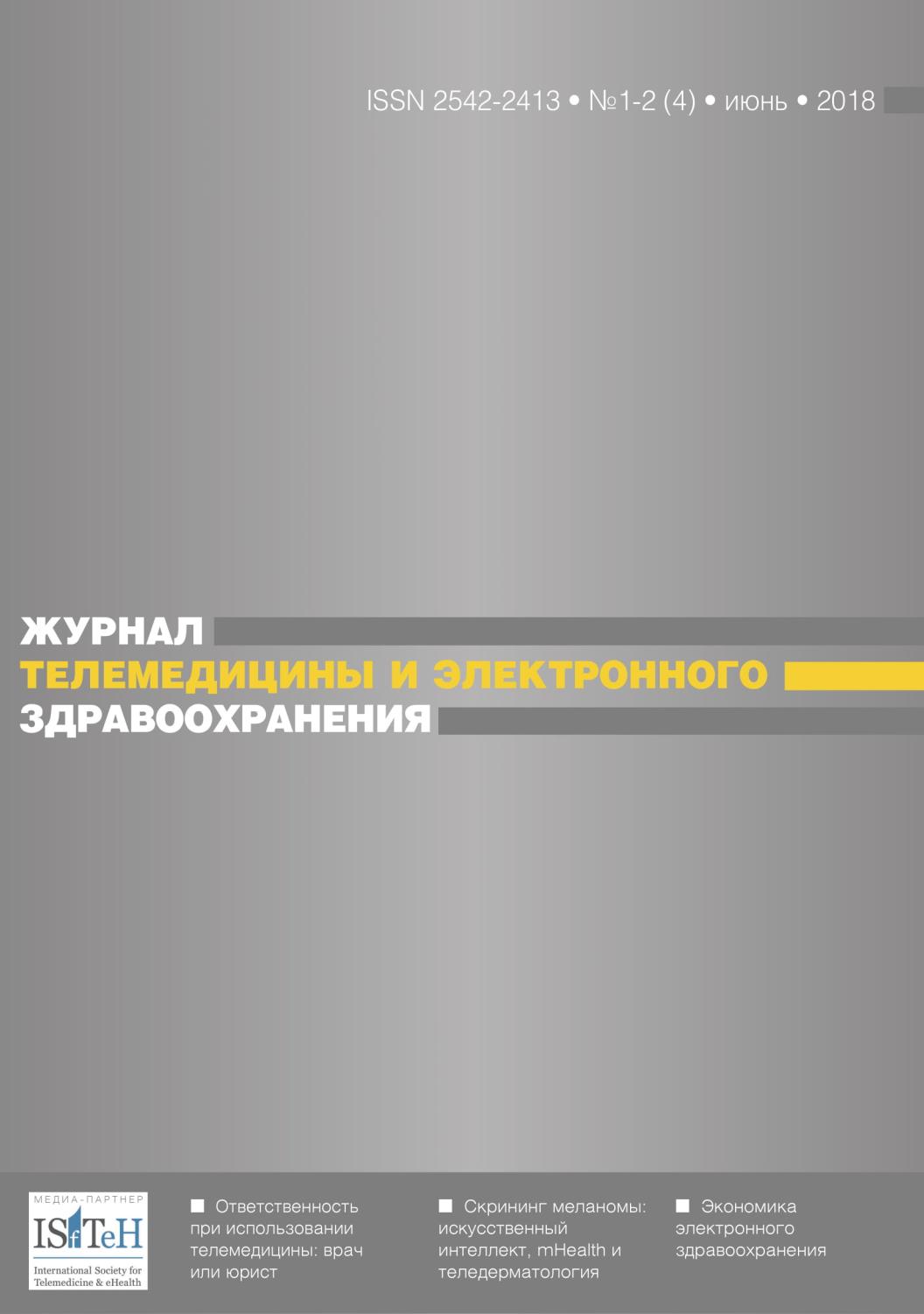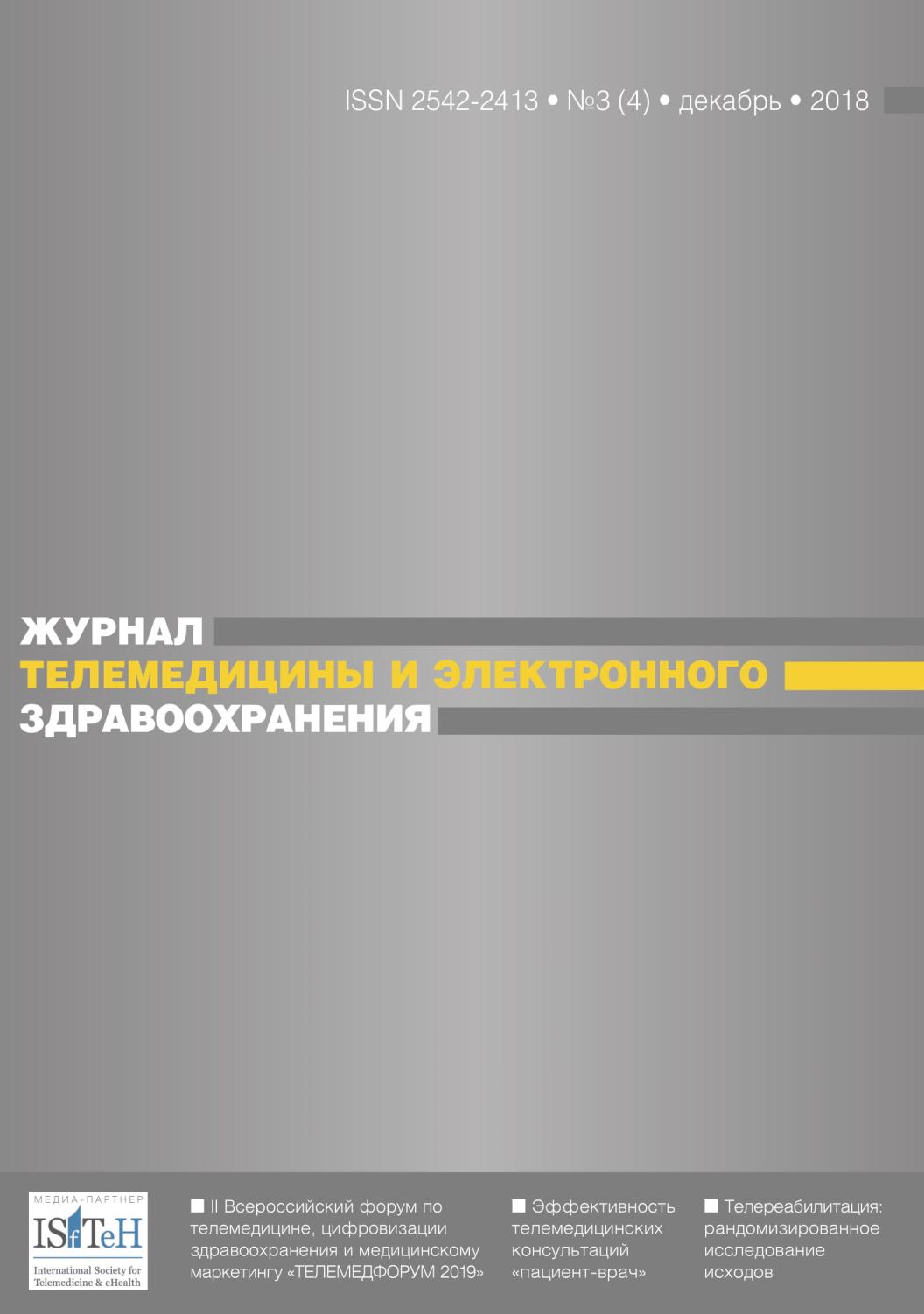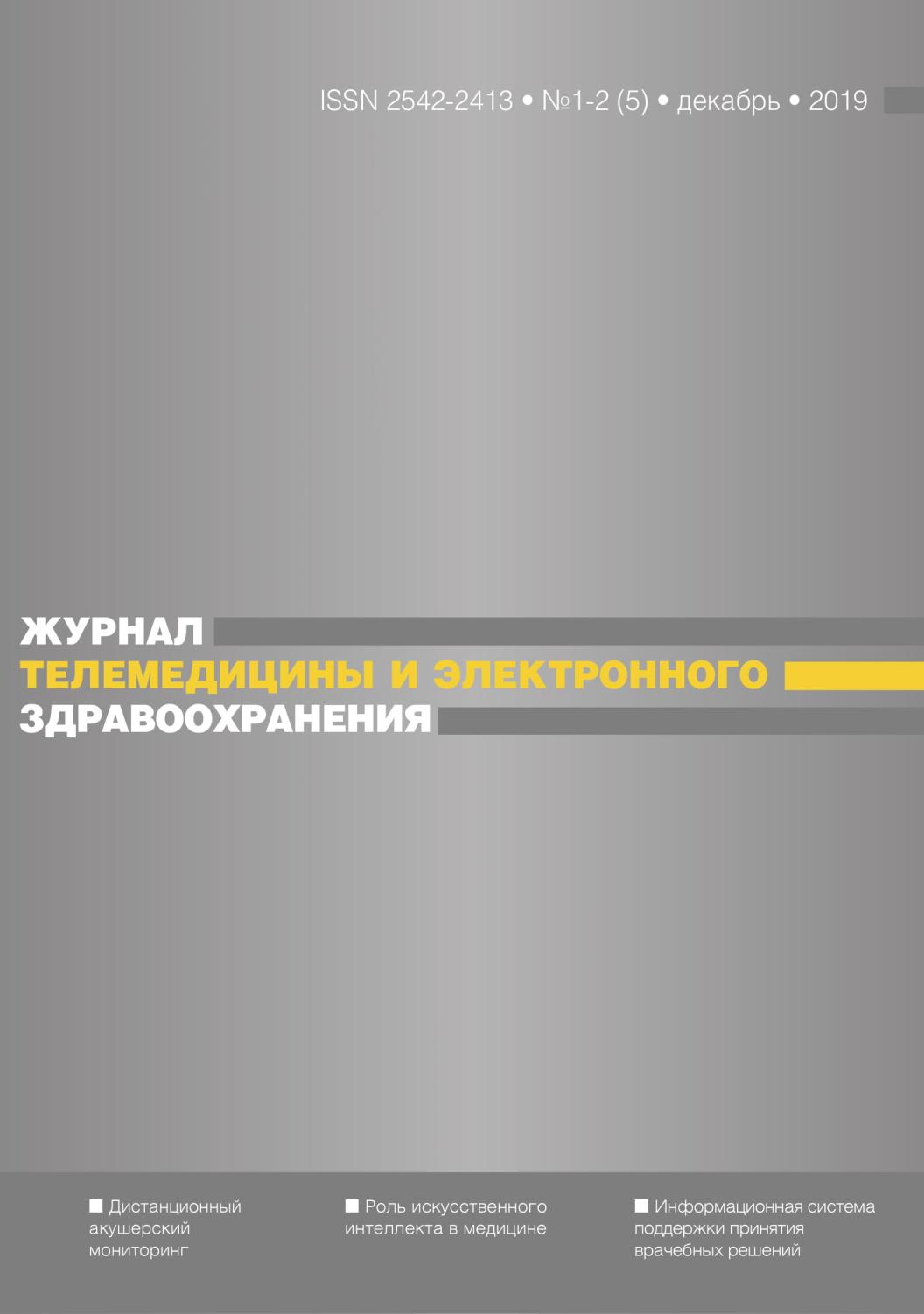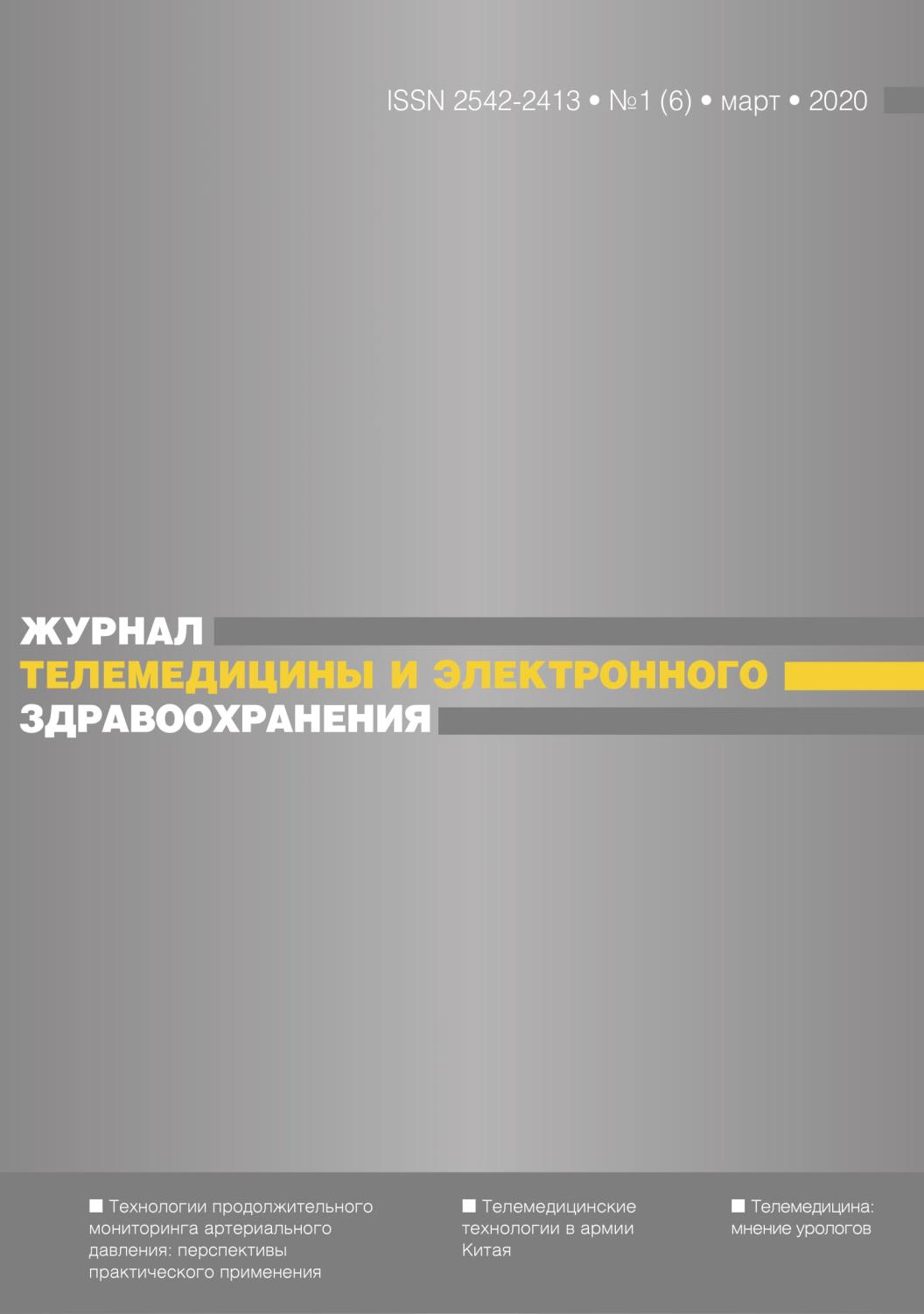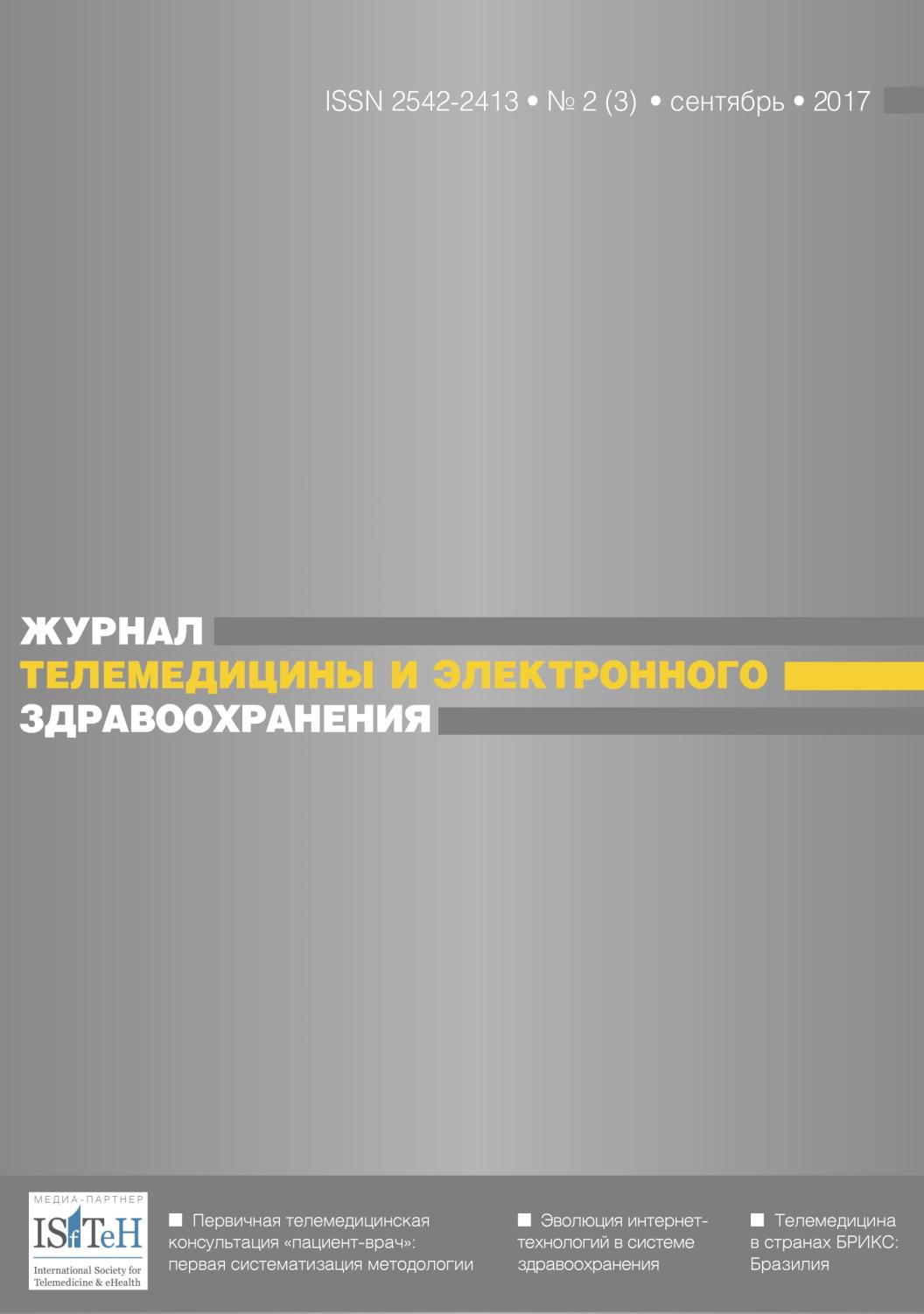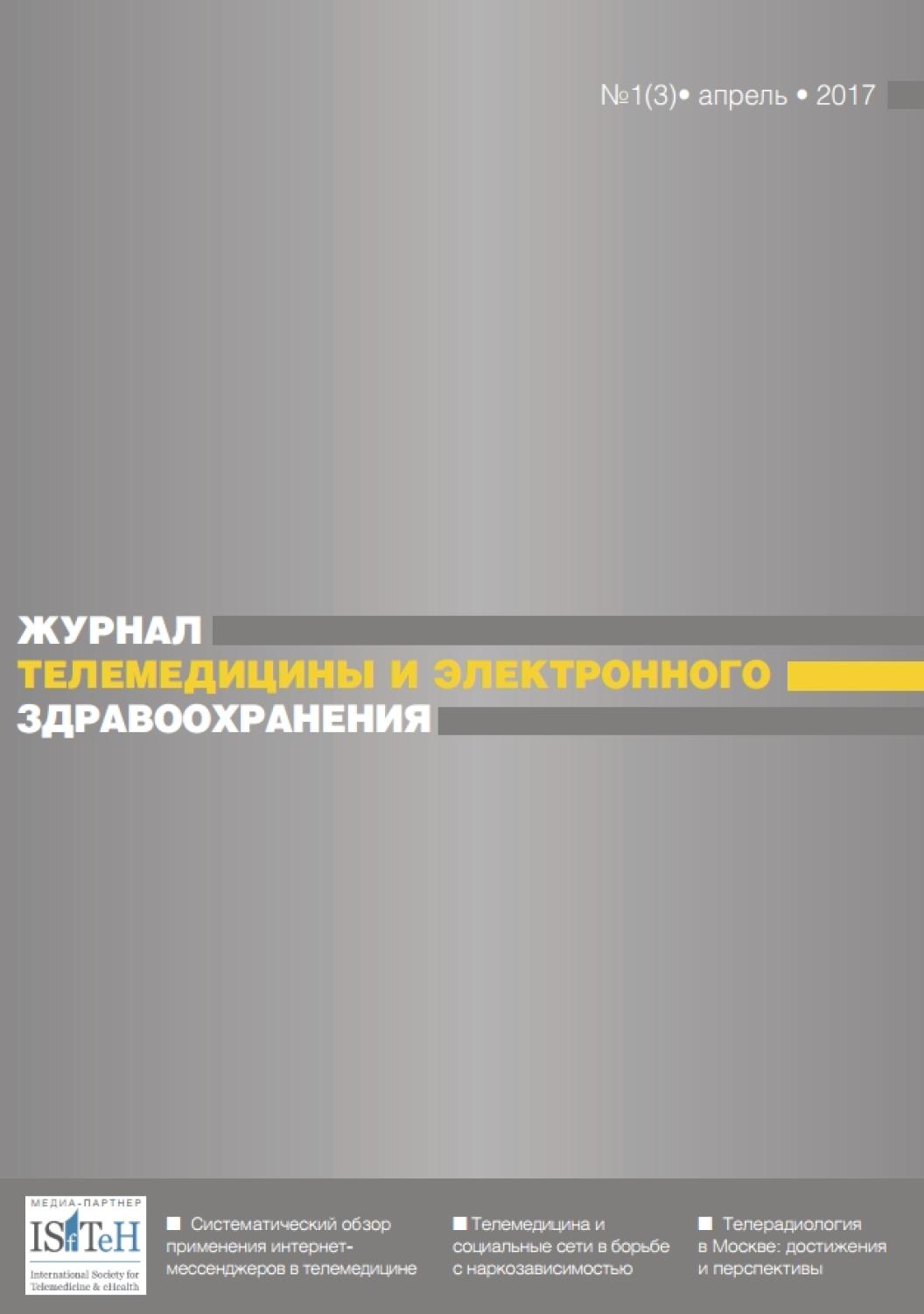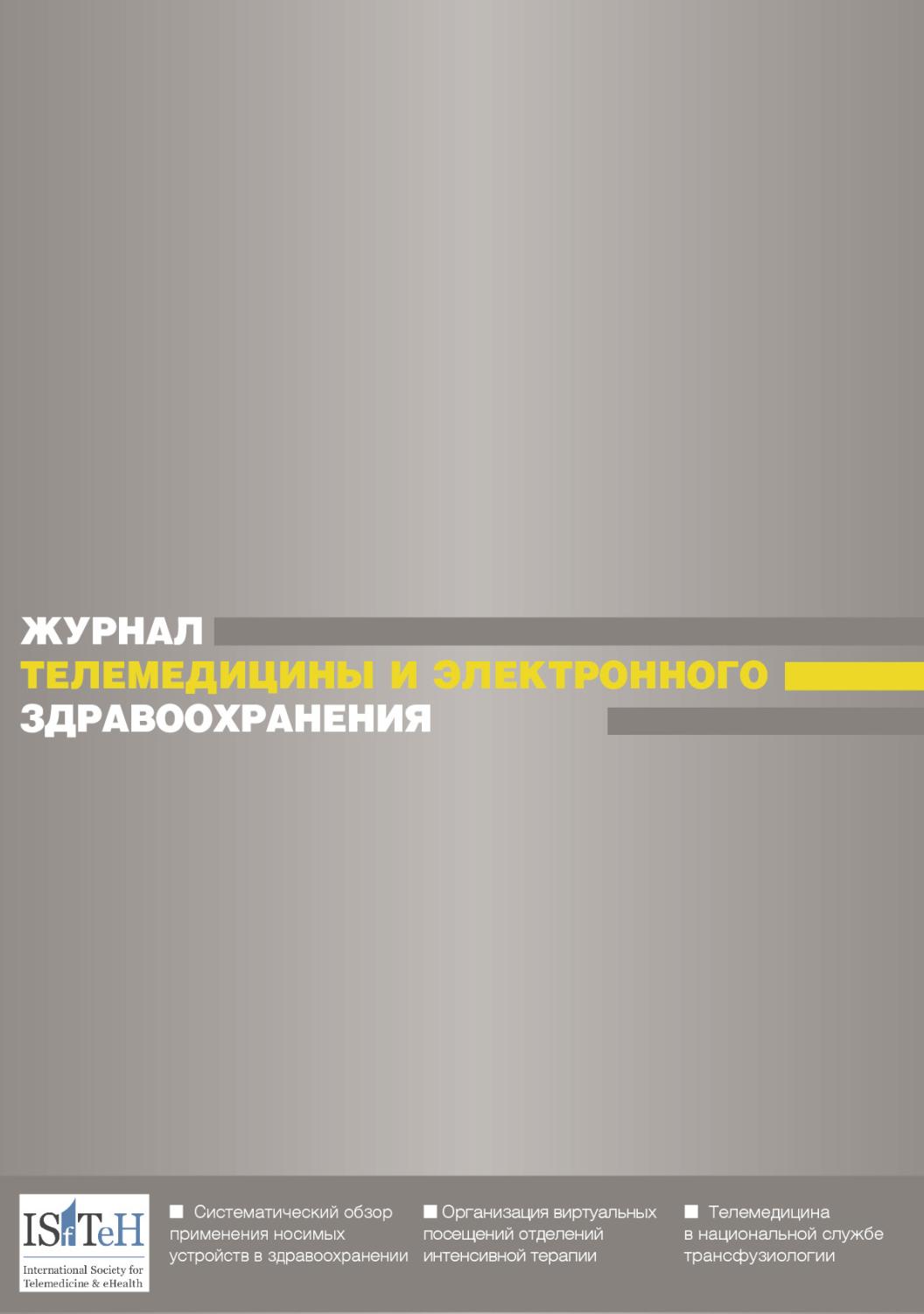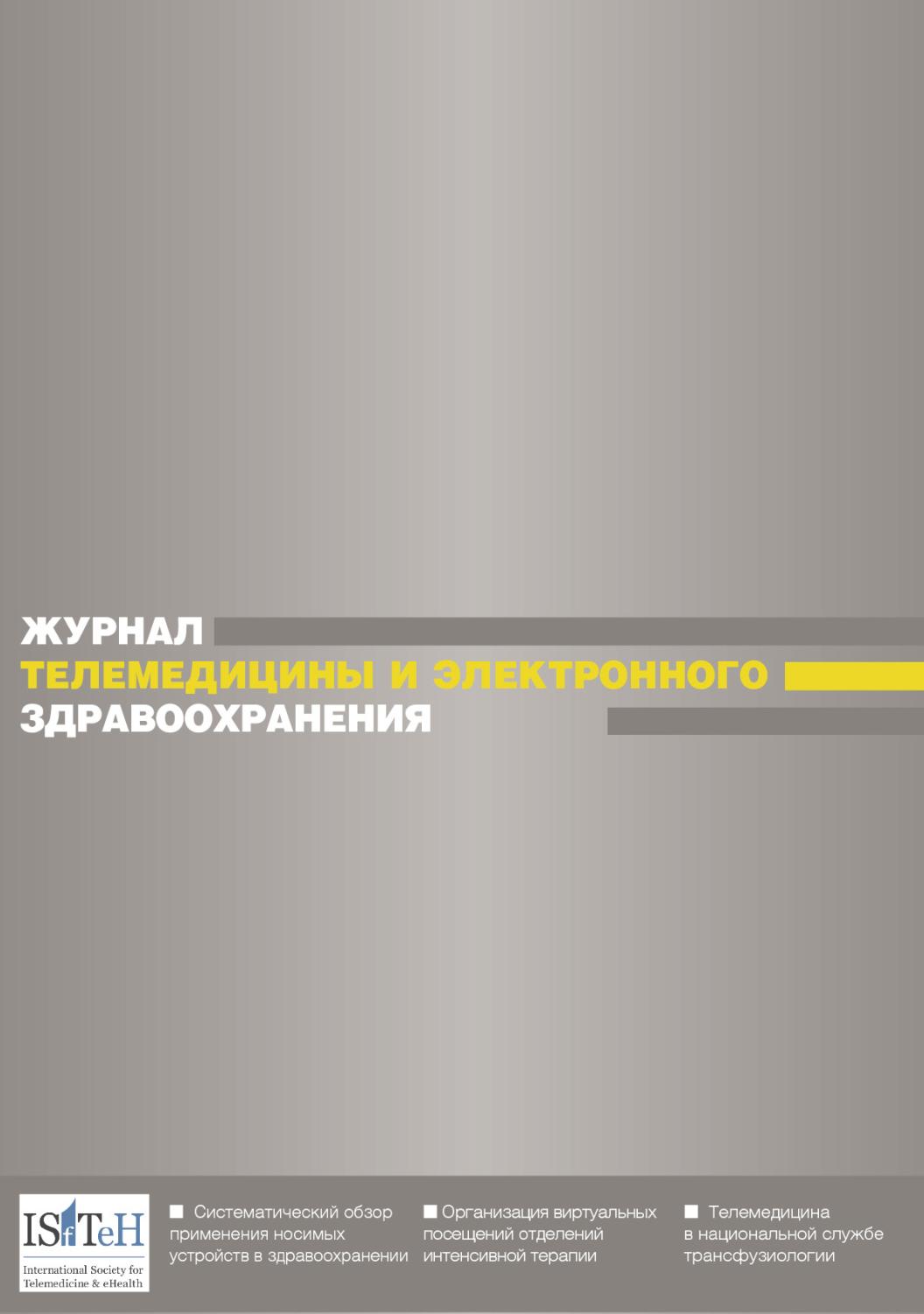Over the past decades, the average life expectancy of Russians has increased significantly, but in the ranking of long-living countries for 2023, Russia ranks 128th (74,56 years).
One of the problems of domestic healthcare is the lack of awareness of both the population and medical personnel about modern medical approaches to prevention, the importance of changing risk factors associated with lifestyle and nutrition, as well as low adherence to these recommendations.
The aim of the research work was to develop a telegram bot that analyzes lifestyle and nutrition habits, providing scientifically based and personalized recommendations for correcting identified risk factors in a playful and accessible form. Analysis of the data obtained based on filling out a questionnaire in the chatbot showed that 76% of users generally adhere to a healthy lifestyle, having at least 4 healthy habits. Of these, 89% do not smoke, and 67% abstain from drinking alcohol. 53,5% of the study participants have a biological age exceeding their passport age. 40% of respondents are overweight, including 18% who have varying degrees of obesity. Also, 30,9% of participants drink less than a liter of water per day.
Integrating such a questionnaire with data from laboratory diagnostic providers may open up new opportunities for conducting meaningful epidemiological studies.


